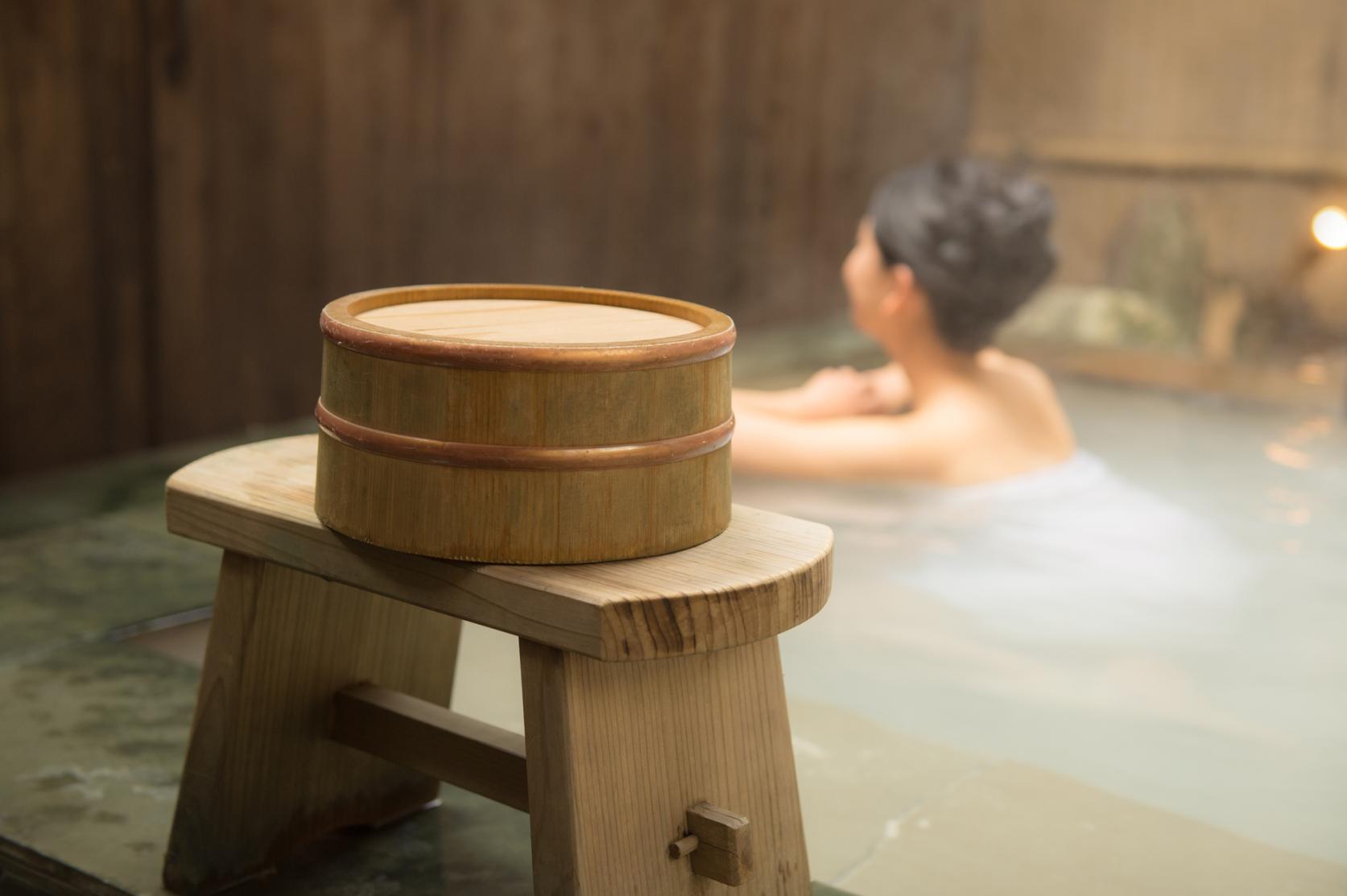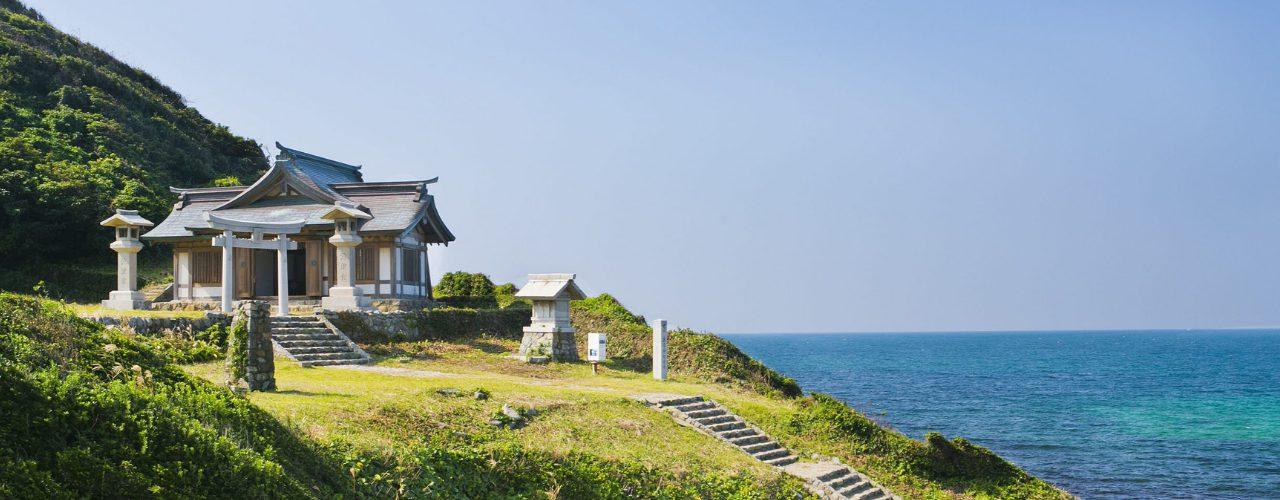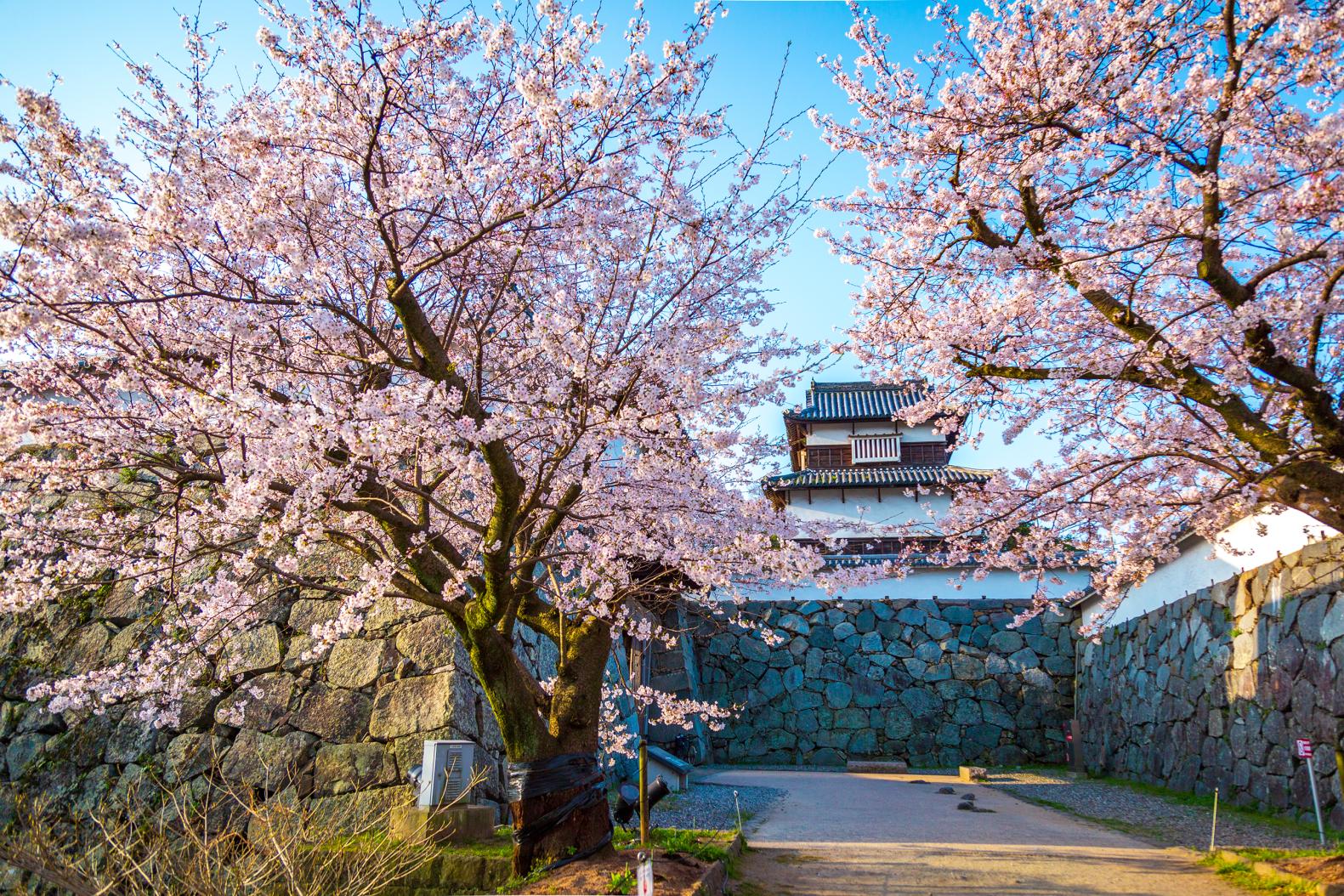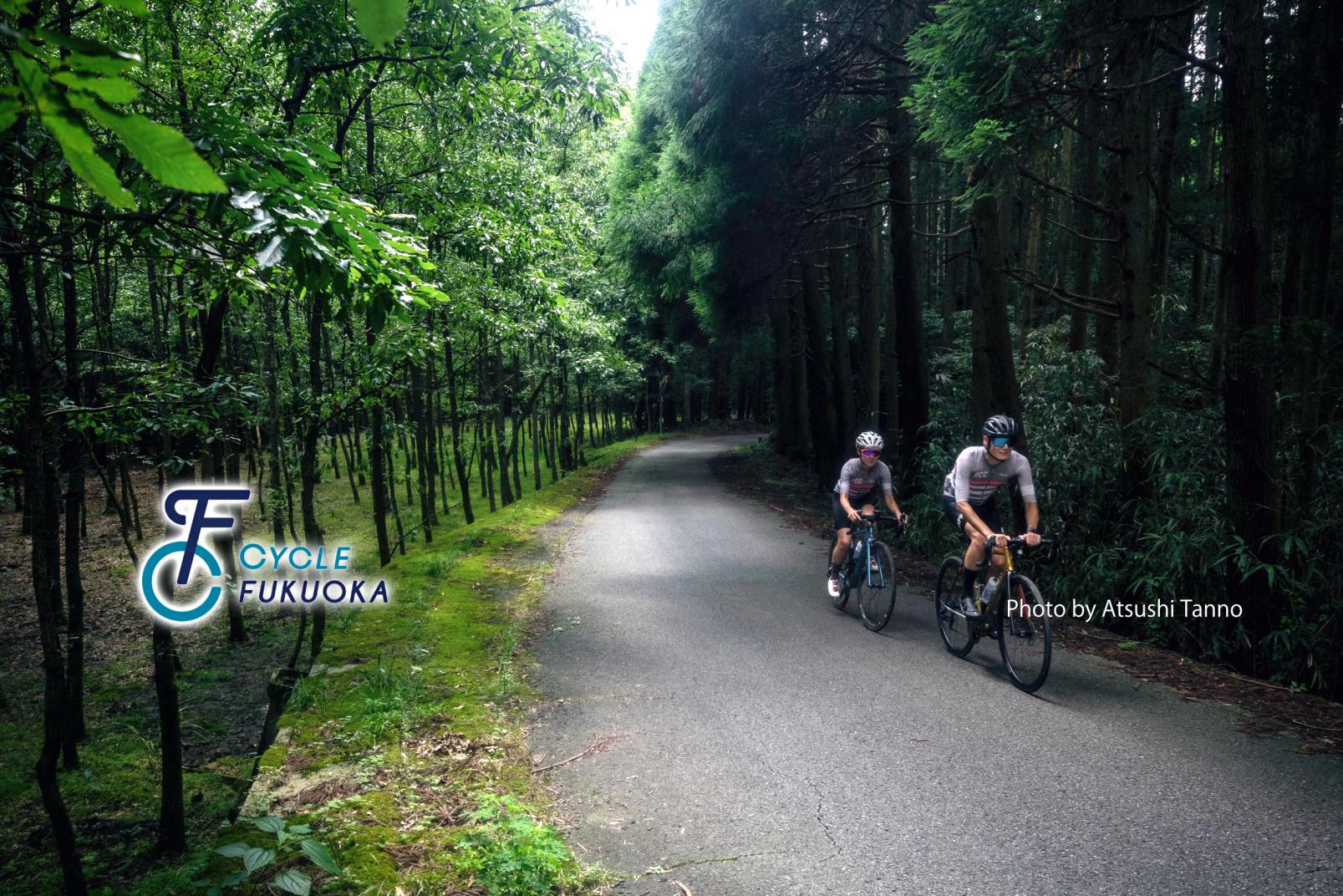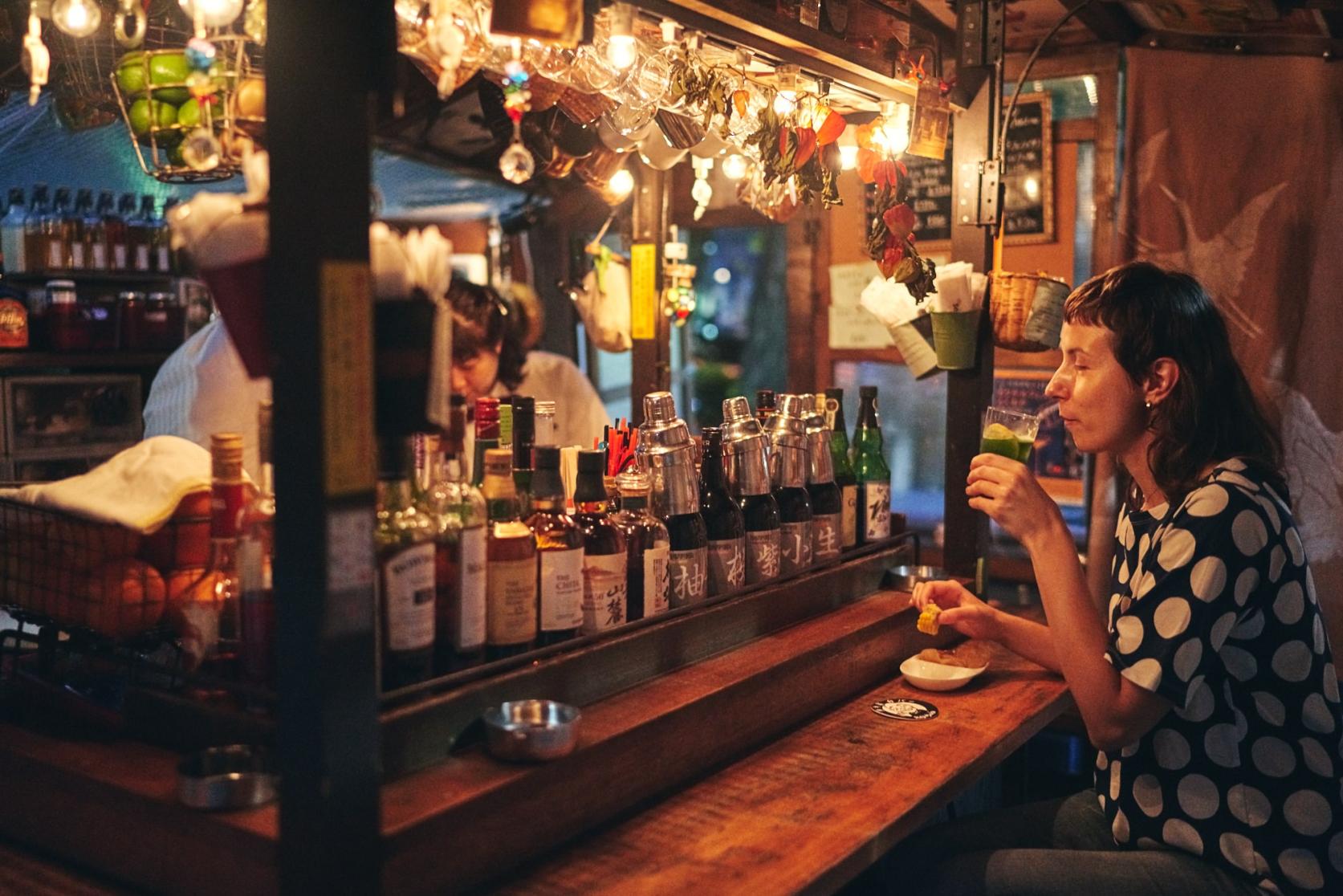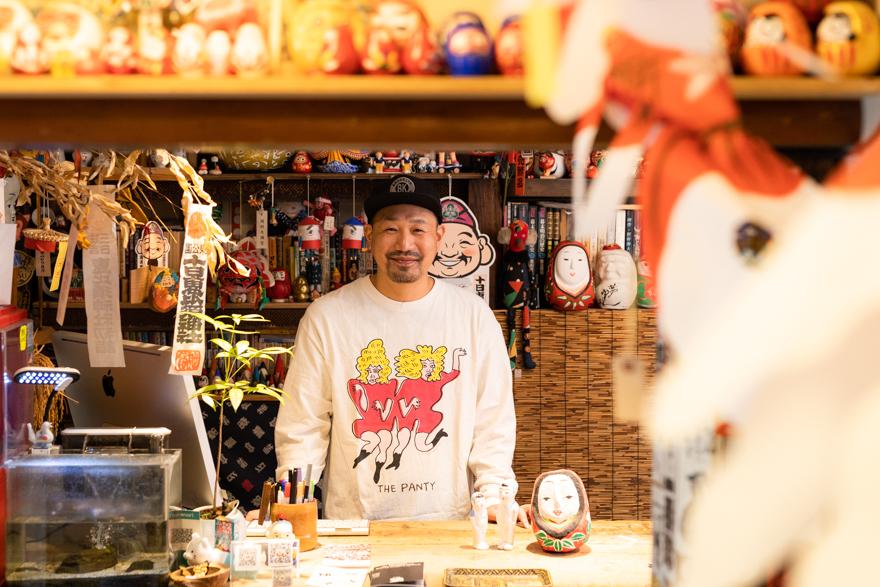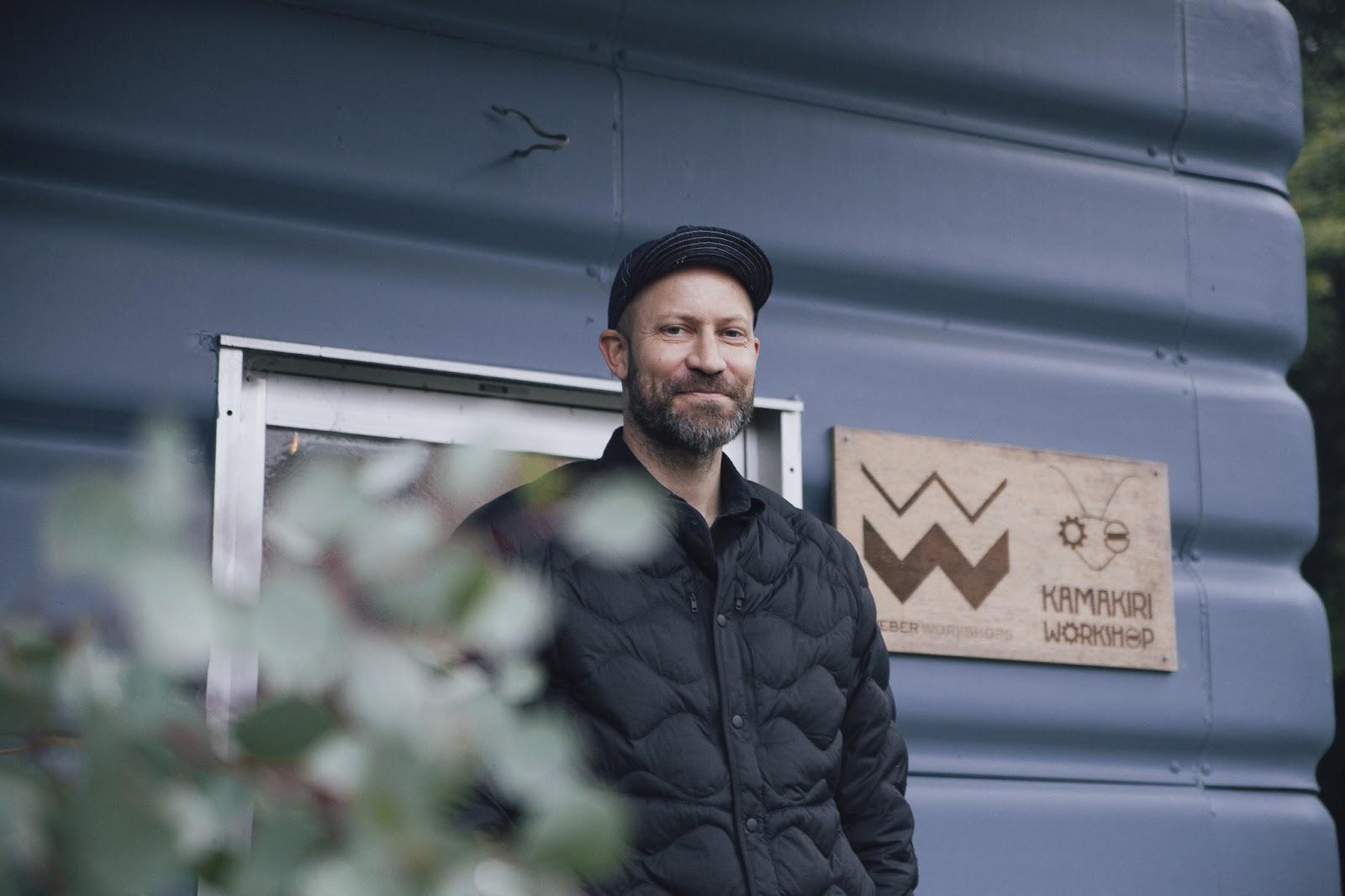
A Human Connection Through Everlasting Coffee Tools
What’s the secret behind this small coastal town that has slowly become a rising star among the world’s small cities? This small revolution is where a top Apple engineer switched from transient mobile technology to everlasting barista tools.
Itoshima, A Sleeper Hit On The World’s Spotlight
Coexistence is often a challenge for urban vs. natural spaces. The former often dwarfing the latter, reaching a sort of hypothetical equilibrium is a balancing act for human societies that some could argue is still far from reach. Yet, few places like Itoshima, a small coastal city located in a peninsula of Fukuoka Prefecture, seem to be close to hitting the sweet spot between size, convenience, and enough greenery on a human scale.
During the past years, this city has grown in popularity among young professionals relocating from Osaka or Tokyo, moving away from the urban sprawl and searching for a quieter lifestyle without renouncing the advantages of having a larger city like Fukuoka next to it. They’re drawn to Itoshima’s picturesque landsc apes with its turquoise waters, its lush mountains, and its relaxed lifestyle that’s fostered a thriving crafts and arts culture.
Itoshima is also the setting where Douglas Weber, a former product designer at Apple, landed in 2017 to embark on a journey to, in his own words, reinvent the wheel, and reformulate how we enjoy coffee through new and revolutionary tools with his company Weber Workshops. His efforts resulted in developing a coffee grinder (among other tools) that’s been the talk of the town between coffee enthusiasts, running the most successful crowdfunding campaign for a coffee product both in IndieGogo and Kickstarter’s history, and subsequently achieving the Best New Product Award by the Specialty Coffee Association.
One thing naturally led to another, and eventually, two coffee shops were opened in Fukuoka City, Kamakiri Coffee, in the districts of Takasago and Hirao. There was a need to showcase the products and have a means of constant testing, so there was no better scenario than an actual coffee shop. This has also been a setup for some amusing situations where Mr. Weber just says he runs a coffee shop for the sake of simplicity, only to clarify he’s not really at the coffee shop location. When asked if he really works with coffee, the answer tends to be different kinds of iterations of “it’s complicated.” He does work with coffee, but that’s only part of the story. Ever the tinkerer, the envisioned scope of his company goes well beyond brewing grounds. But pressing him for details is a futile task, as he prefers to remain secretive about upcoming projects until it’s time to launch, so we’ll have no choice but to wait and see.
From California to Fukuoka: A Coffee Love Story, Coming Full Circle
Weber’s relationship with Japan is quite long, considering one of his childhood’s closest friends was Japanese. His exposure to the language and culture began during those times he was hanging out at his friend’s place and spending time with his Japanese friend’s family. But it wasn’t until his university years at Stanford that he got a complete immersion experience while studying abroad for a couple of years at Kyoto University and Kyushu University. During his time in Kyushu, he visited Itoshima for the first time in the year 2000, and the beauty of the seaside city left a long-lasting impression.
After graduating from Stanford, Weber joined Apple and became an integral part of the iPod development. “I’ve been a coffee nerd ever since the early days in Apple,” he recalls. Coupled with a knack for buying machines to take them apart and figuring out how to improve them, in hindsight, it’s easy to see how it all came together in the end. “I was a lead engineer on products that became hit products. We were changing the world, and it was fun and exciting.” But eventually, the company grew bigger, and he found himself doing more management than engineering. His interest in coffee was ever-present, and he felt he could still make a difference elsewhere.
And although coffee played a part in his radical departure in 2014, he also explains he needed to create products truly designed to last. “There’s something about tech products that have a very short life because chips become outdated in a couple of years.” But human perception doesn’t change as much, and he reflects on how an amazing meal or a fantastic cup of coffee is still going to be impressive even when made 15 years apart. He’s concerned with a consumer culture based on cheap replaceable objects, and part of his mission is to increase awareness for responsible consumption. His coffee grinder is expensive, but it’s intended to be used for many years. Japanese culture, particularly the concept of mottainai (an expression of regret over unnecessary waste), has also been a “great motivating factor” for Mr. Weber. Like technological waste, he was bothered by the usual waste of beans in coffee grinders. Until now, the end product was never consistent with the number of beans used, meaning that leftovers were either wasted or mixed in with the following grind, affecting the flavor. His design addresses this problem.
Once the decision was made, establishing himself in Itoshima was the natural outcome. Not just because of the beautiful surroundings he fell in love with years earlier, but also its convenient location, close to one of Japan’s gateways to Asia. “I knew I wanted to manufacture in Taiwan because of their quality and willingness to work with smaller companies like myself,” he explains. This flexibility is difficult to find in Japan, with a manufacturing landscape dominated by large players. “They offer customers like me an affordable way to produce small product batches,” he continues. So this small corner of Fukuoka Prefecture became the cornerstone of Weber’s next professional stage, as a bridge between where his project is made possible and his ideal lifestyle location.
The Perfect Work-Life Balance of Itoshima’s Lifestyle
Now that he’s a father, the need to establish priorities take center stage. At the time of the interview, the family is still getting settled in the new home, which used to be a warehouse next to the beach with all the machinery to develop his new coffee tools. “I used to commute here every day from home, about 30 minutes up in the mountains,” he explains. A daily waste of time that eventually convinced him to center everything in one place. And the location couldn’t have been better.
“It’s really beautiful. There’s a 60-seconds walk to the beach from here,” he says excitedly, as he reminisces having friends visiting from Hawaii and becoming surprised at the stunning beauty of the local beaches. A quick break from work after designing all morning usually involves a surfing or diving session, with enough time to check his emails before picking up the kids. And being only 30 minutes away from Fukuoka Airport is key. “I can wake up in the morning and be in the factory in Taipei by noon.”
Besides that, mornings are usually reserved for meetings with people in the US because of the time difference. His company is still mostly a US-based enterprise with offices in Taipei, which is operated from Itoshima. Weber recalls many Japanese and foreigners alike coming to him and asking how such a lifestyle is possible. “Now, with the pandemic, we’re a bit ahead of the curve, but I’ve been saying this for a long time. Technology makes this possible.” And with technological opportunities, he firmly believes that “greatness can come from anywhere. All you need is motivation.” For him, technology doesn’t necessarily mean getting rid of human connection but avoiding unnecessary travel and outdated customs: a happier family life, happier children, and no pressure to be sitting in an office.
*Weber’s working space seems straight out of a tinkerer’s dream. Walking around it, you can tell many things are happening and exciting projects are in the making. Top left: Yamato, the cat, is running the show along with his dutiful owner.
As a remote worker in a technologically globalized context, although he reckons he could be doing a similar job from anywhere else in the world, the peace of mind that comes from safety and accessibility are some of the main joys of Itoshima for Mr. Weber. “You never know how things could change, but I’d never sell this place. This is my world base. My life is centered here, the only place that’s truly home.” This is no small statement for someone with genuinely global family ties. He mentions having Japanese relatives in Tokyo and Paris, American relatives in Spain, and more. Nevertheless, he’s committed to his project in Itoshima. “Regardless of going somewhere else for a while, I’ll still have this as my base for sure.” However, not everything is 100% perfect in Fukuoka’s little seaside paradise. When asked what he misses the most from his hometown in California, he answers without hesitation: “Mexican food!”
Regardless, as a committed resident of Itoshima, Weber also strives to increase environmental awareness in hopes that no one forgets that nature is the city’s biggest asset regarding local policymaking. Fostering connections with people who may positively impact Itoshima and bringing a global perspective to help Japan stay relevant are some of the ways for him to contribute to his local community. He’s glad Itoshima is “gaining focus from the global spotlight as a nice countryside town” and hopes its best features can become a leading model for the rest of the country.
*Itoshima’s nature is Mr. Weber’s one of the most cherished aspects of the place he now calls home. Gleaming with pride, he shows us the family’s chicken coop and their freshly laid eggs. A portrait of the late Antarctica explorer Henry Worsley hangs in the courtyard, which is supposed to be just a cool motif for Weber to test a printer. Still, I can’t help to see it as an inspiring model to push ourselves to strive for greater challenges.
Douglas Weber
Born in the City of Arcadia (Los Angeles County, California). Previously a prominent engineer and product designer for Apple, he’s now the owner of Weber Workshops in Itoshima City, a small epicenter of innovation for the development of coffee tools and many other things currently in the making.
Weber Workshops
https://weberworkshops.com/
Kamakiri Coffee Takasago
1−1−23 Takasago, Chuo Ward, Fukuoka City, Fukuoka Prefecture
Kamakiri Coffee Hirao
2−5−8 Hirao, Chuo Ward, Fukuoka City, Fukuoka Prefecture
https://kamakiricoffee.com/


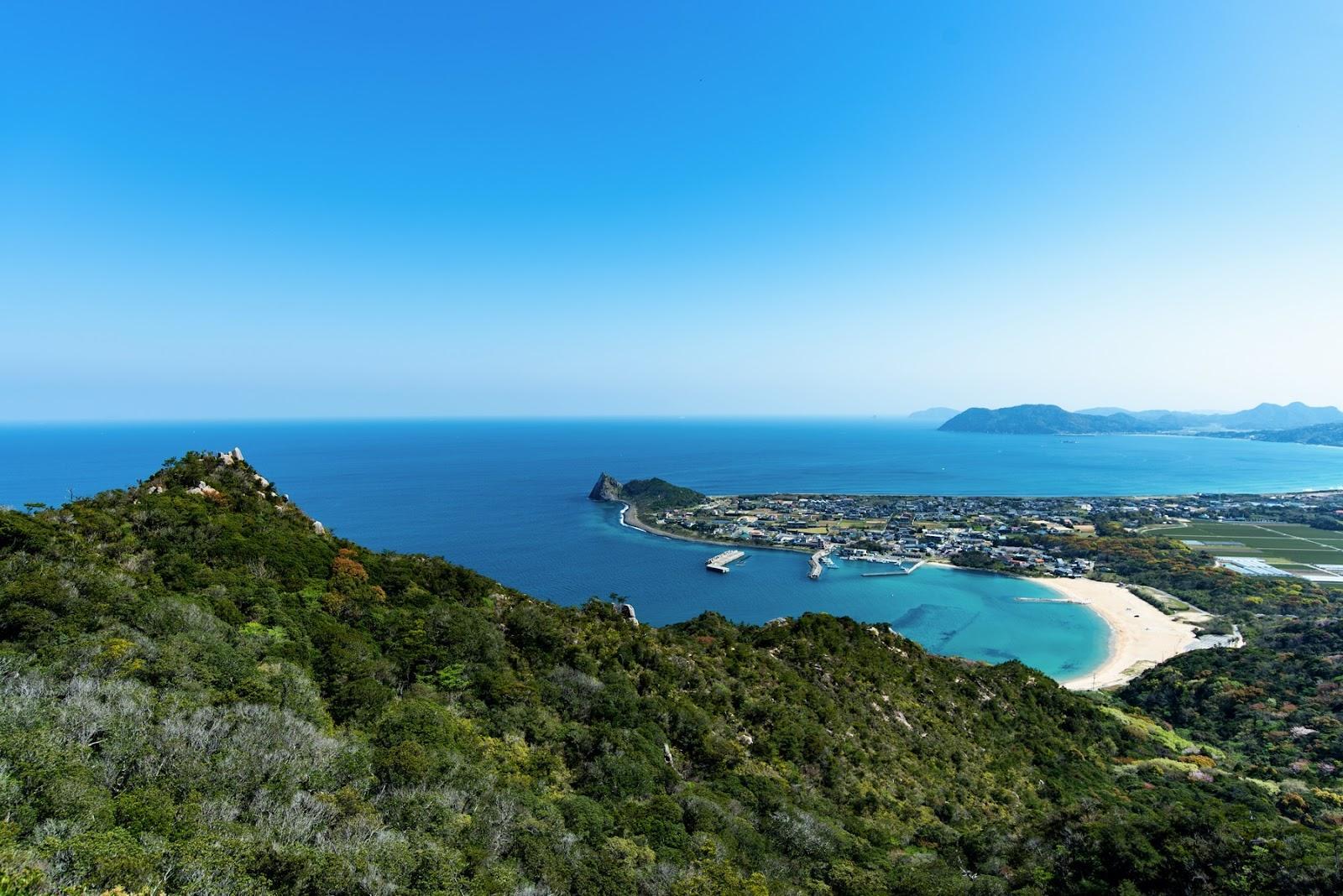
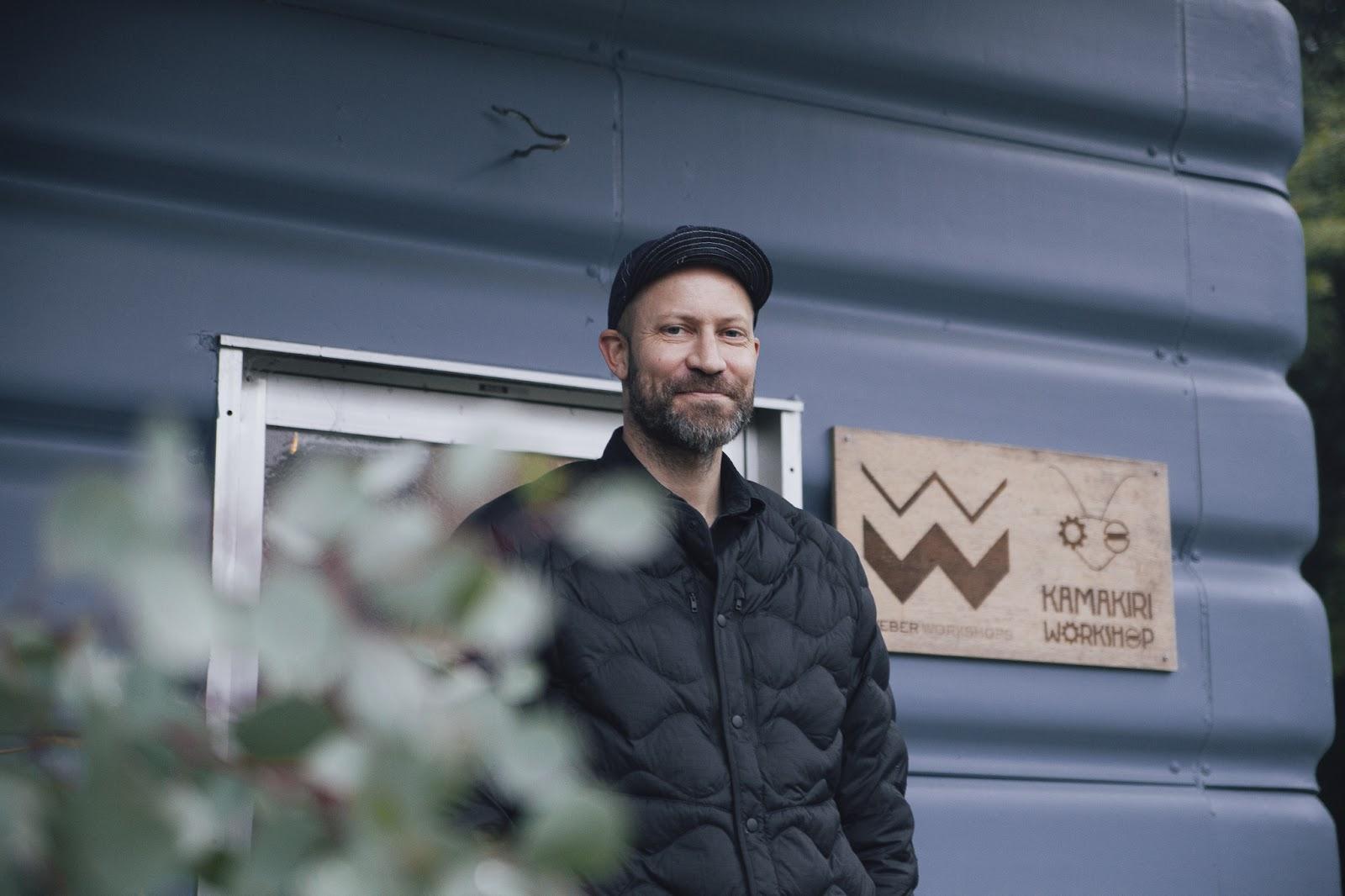
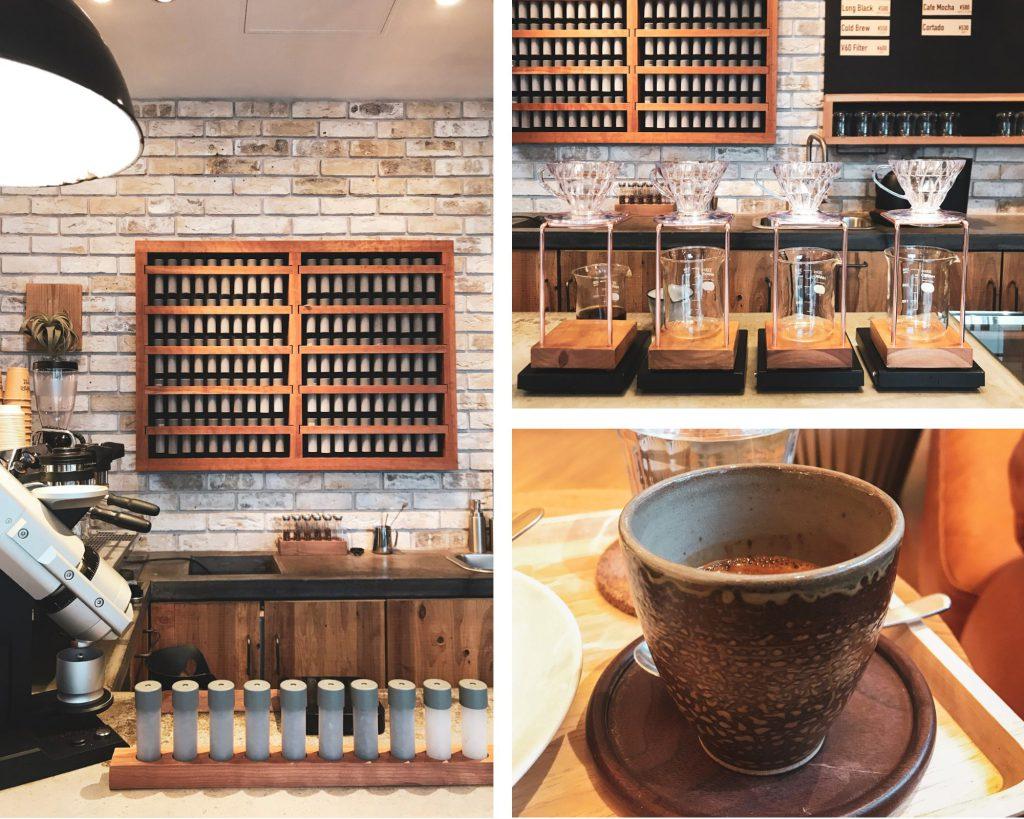
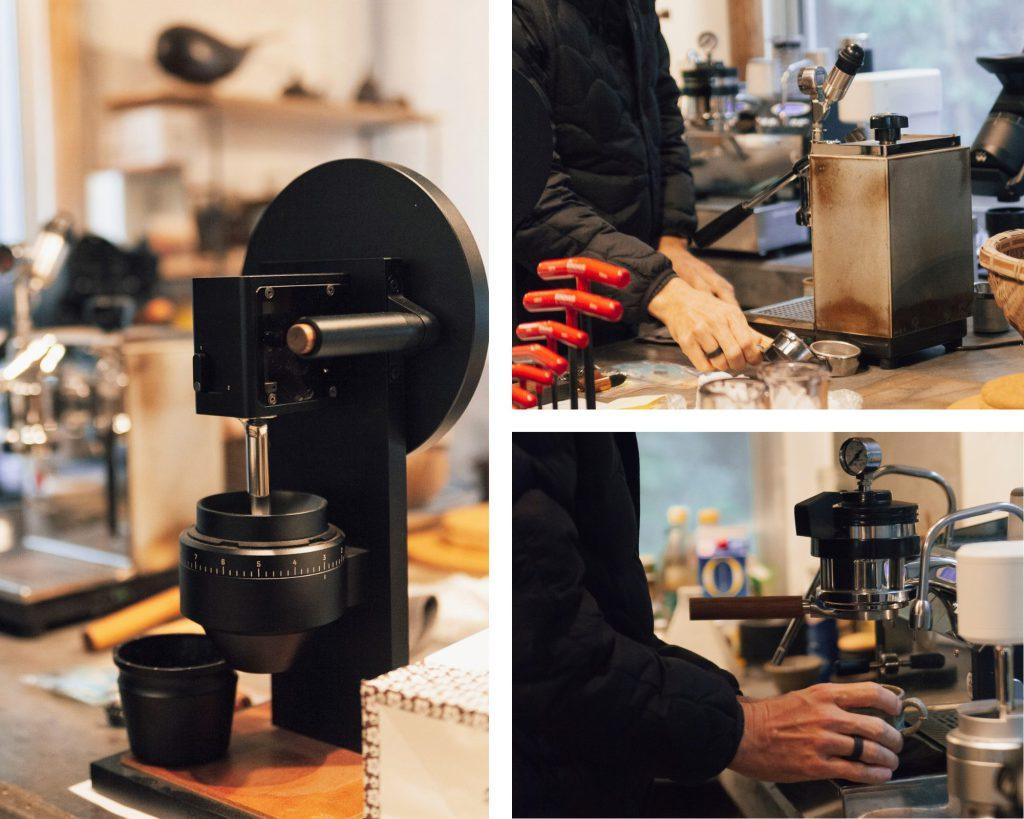
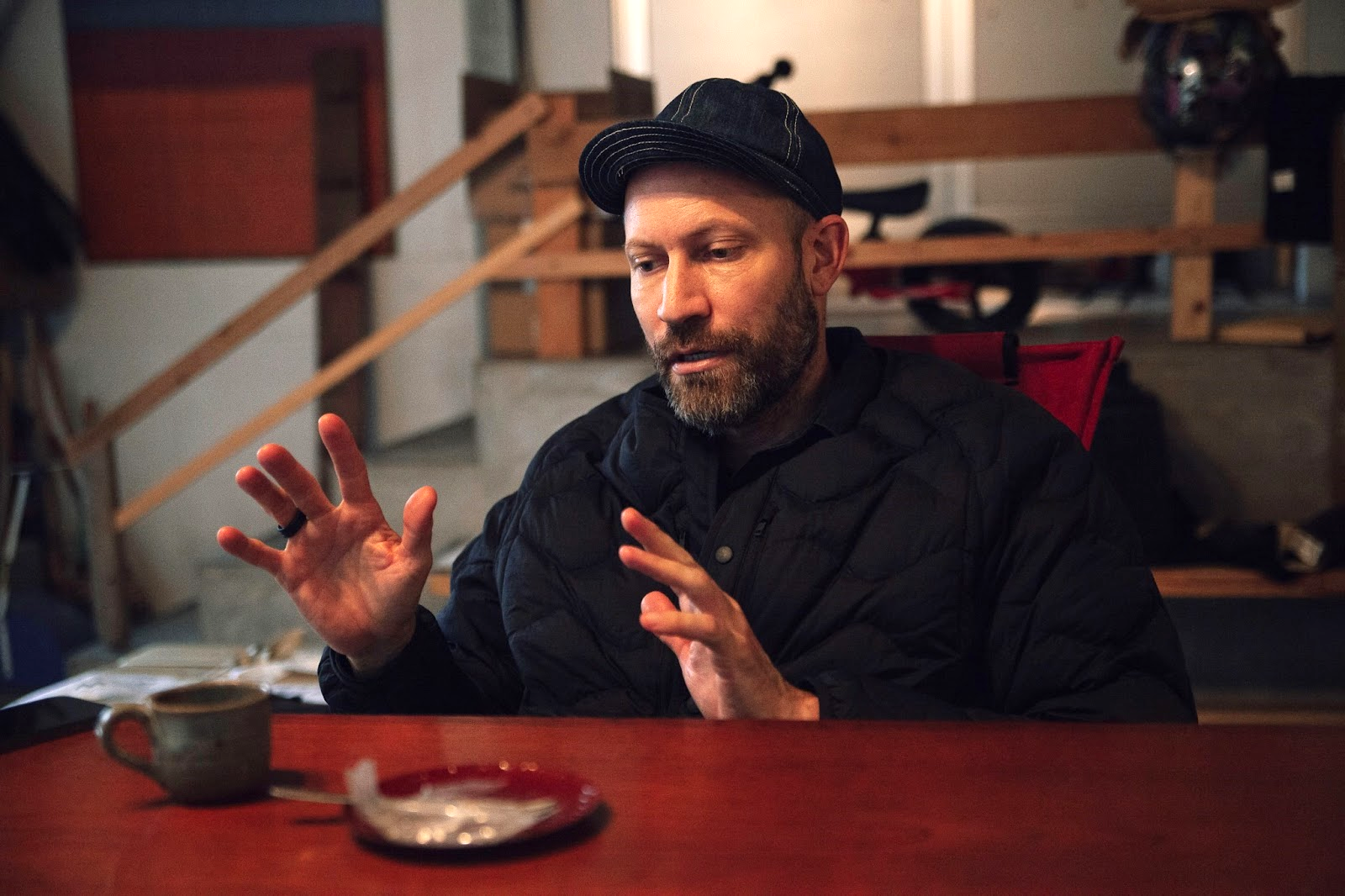
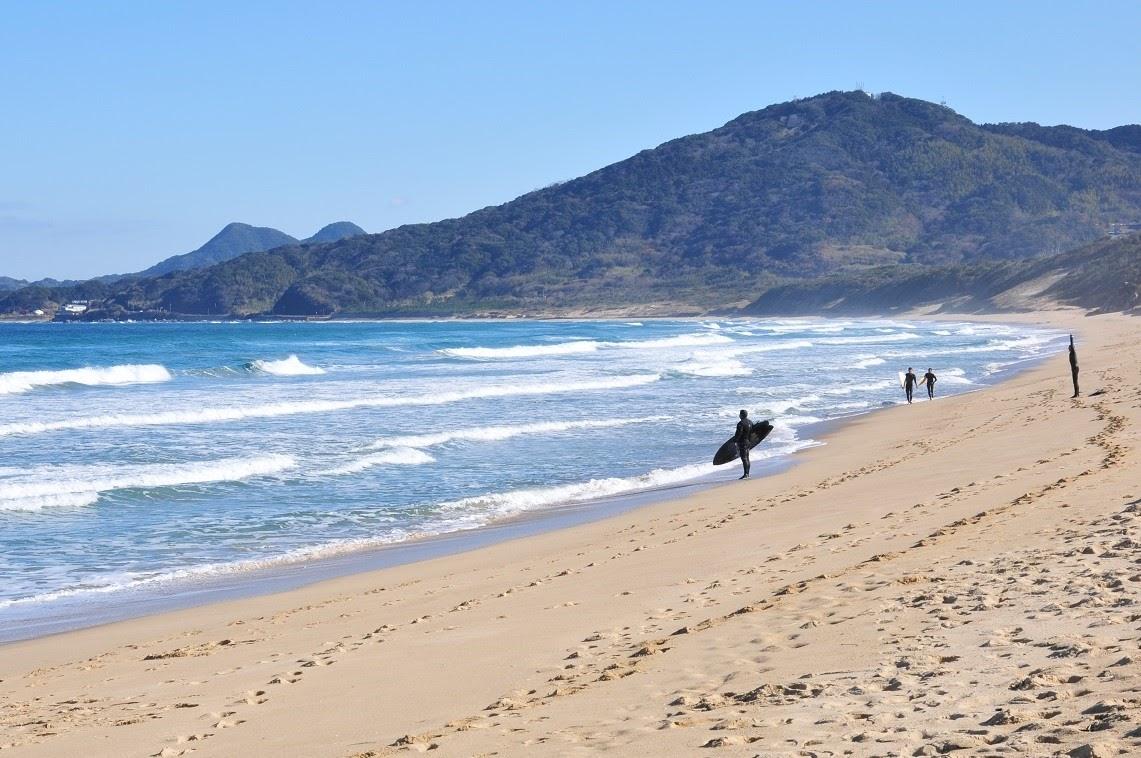
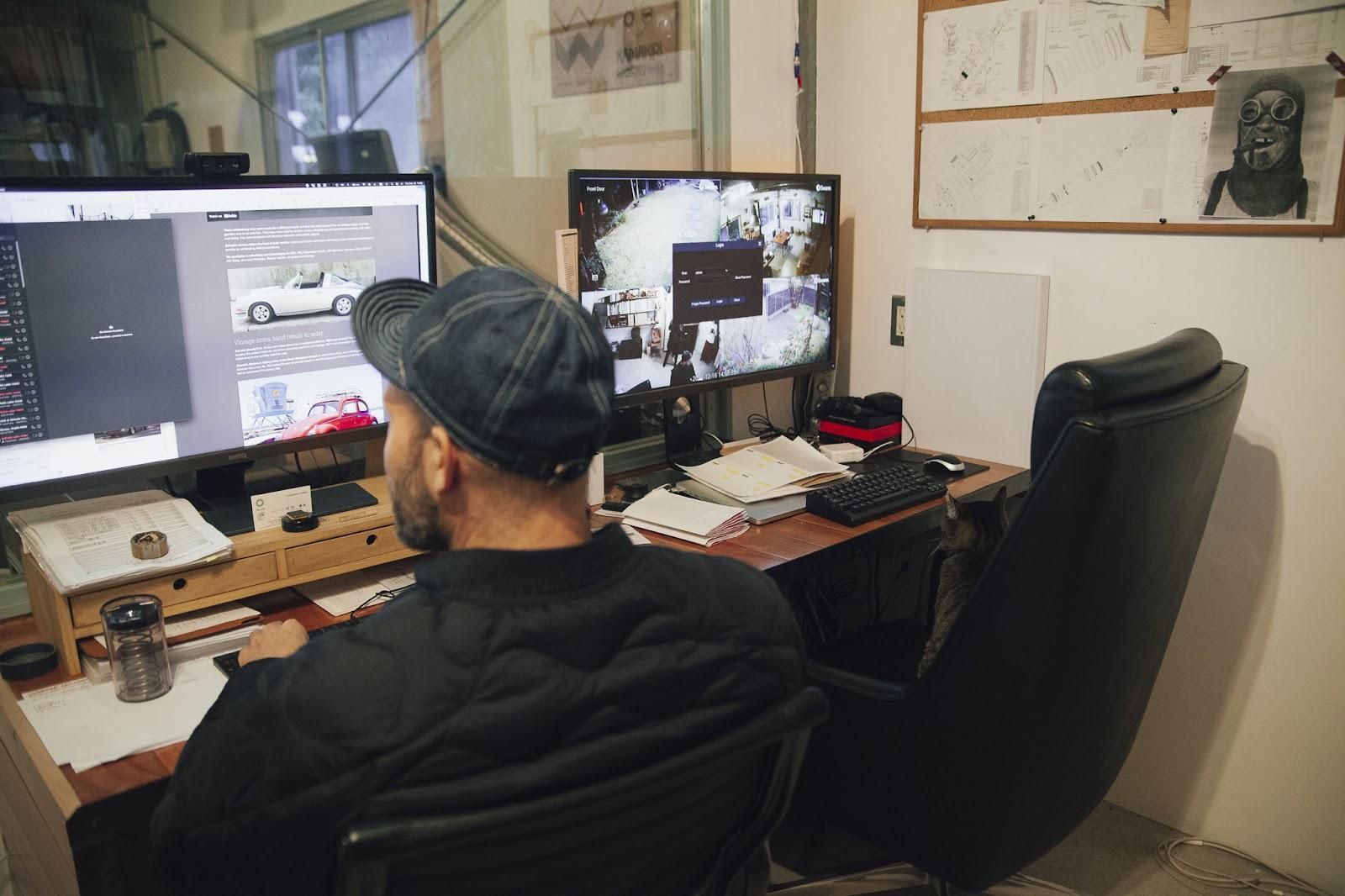
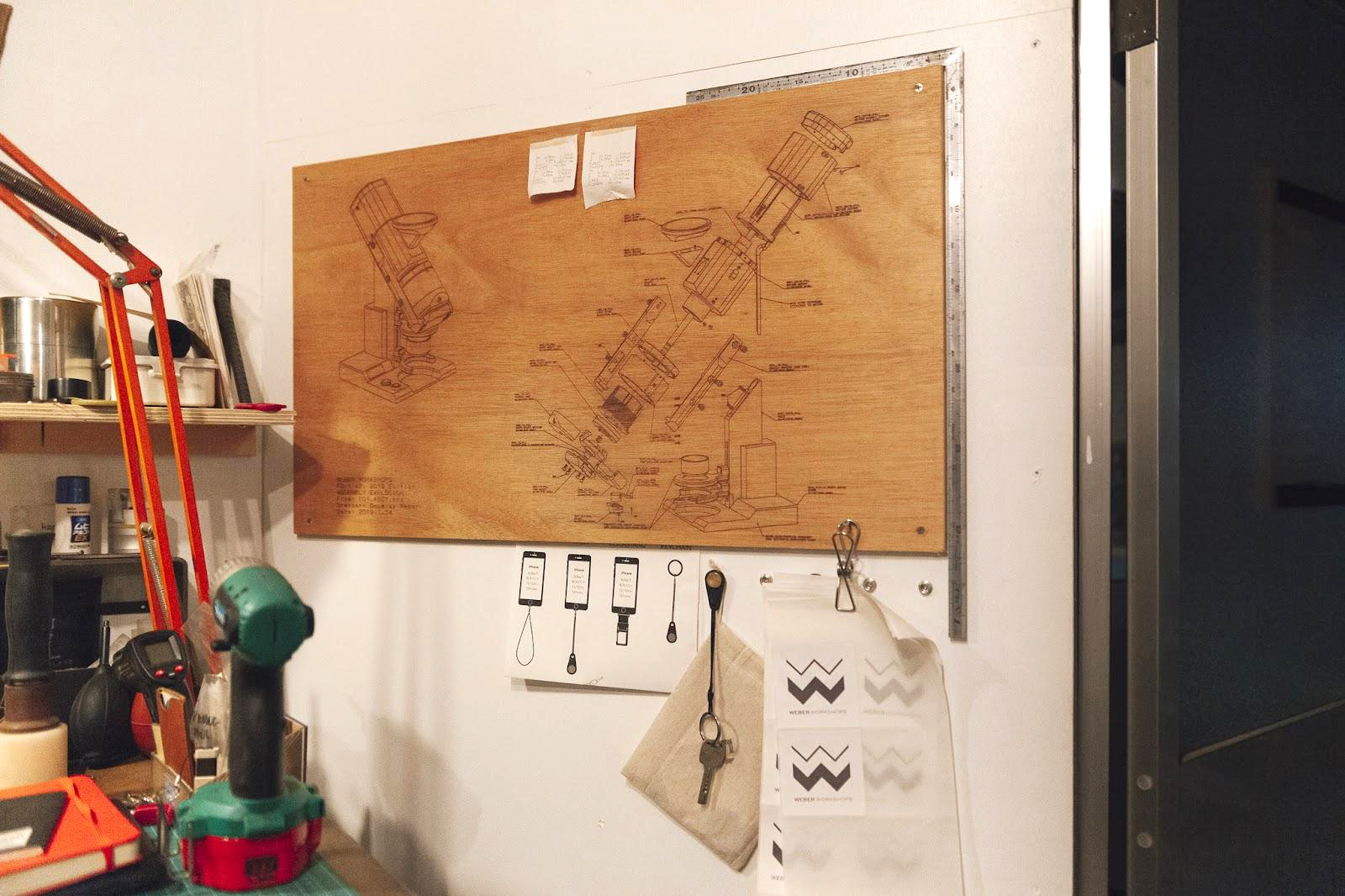
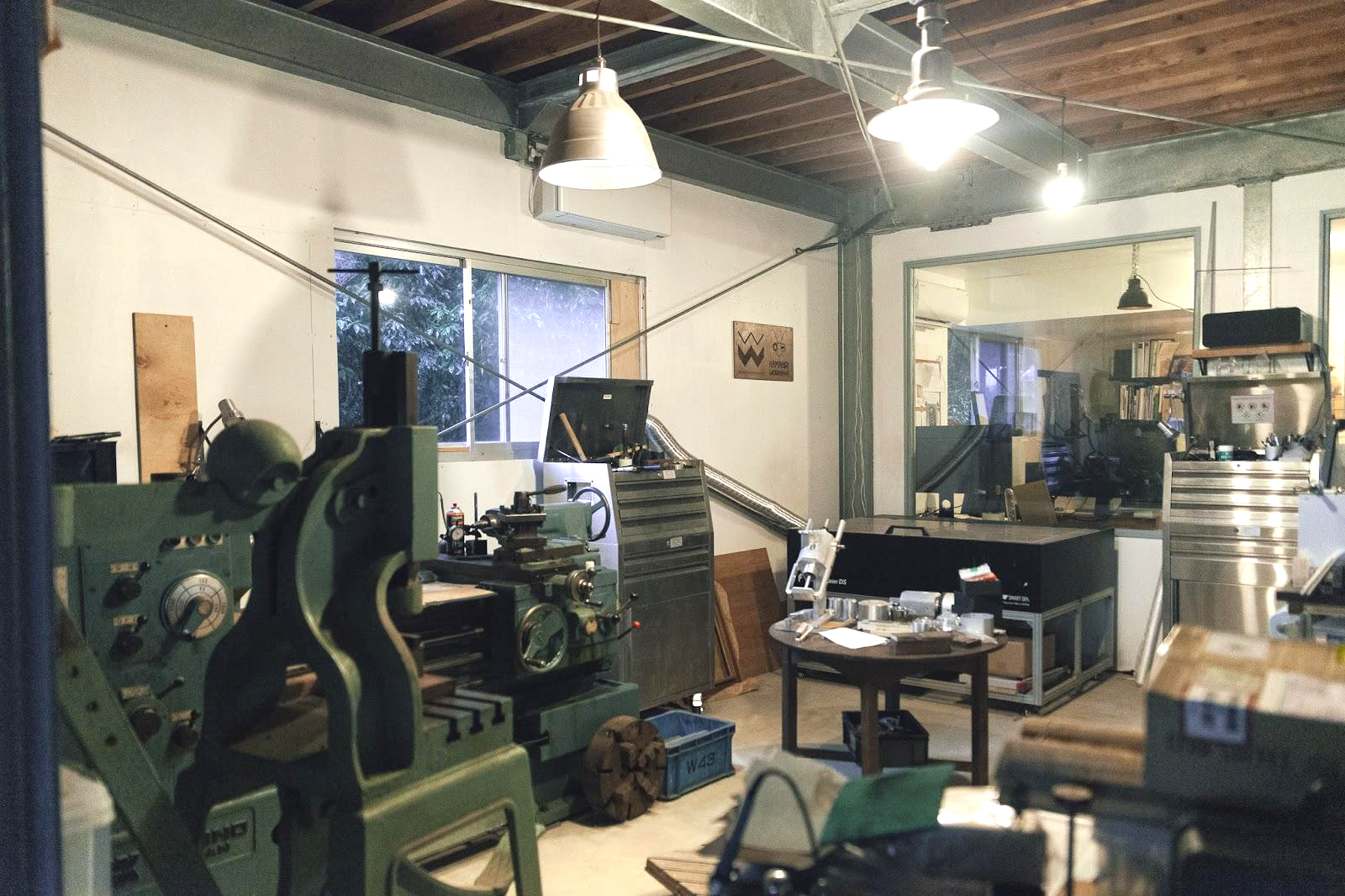
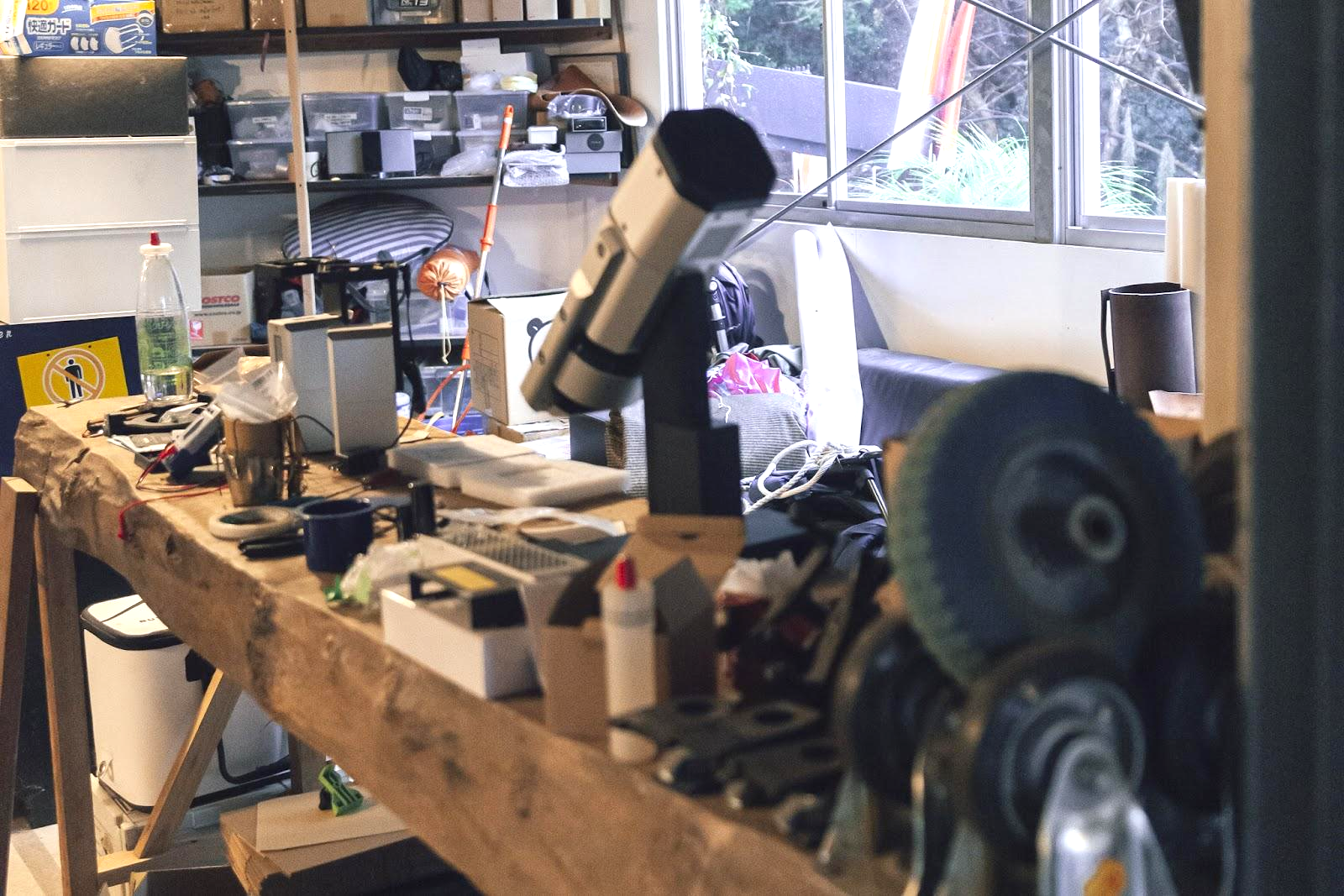
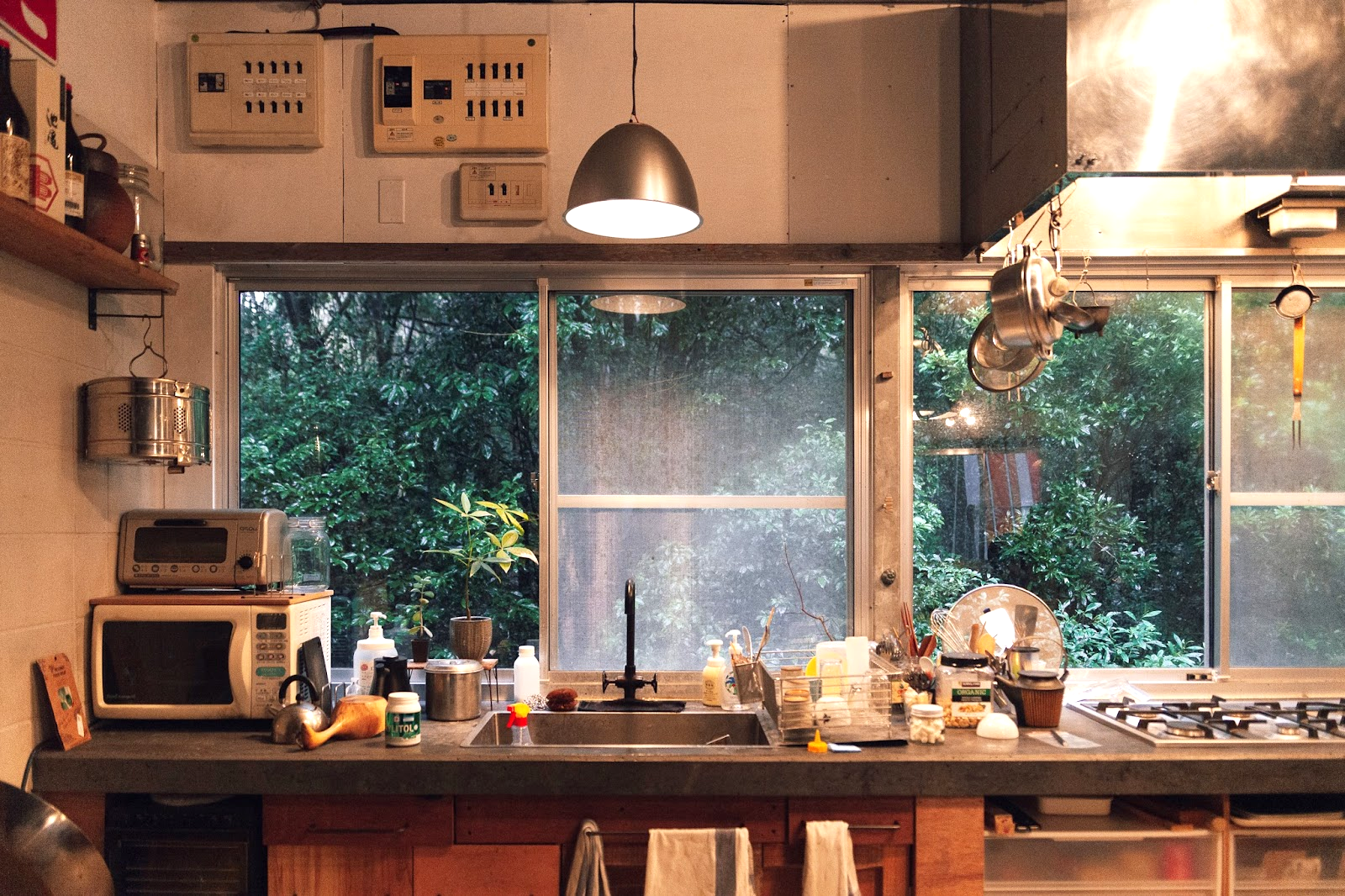
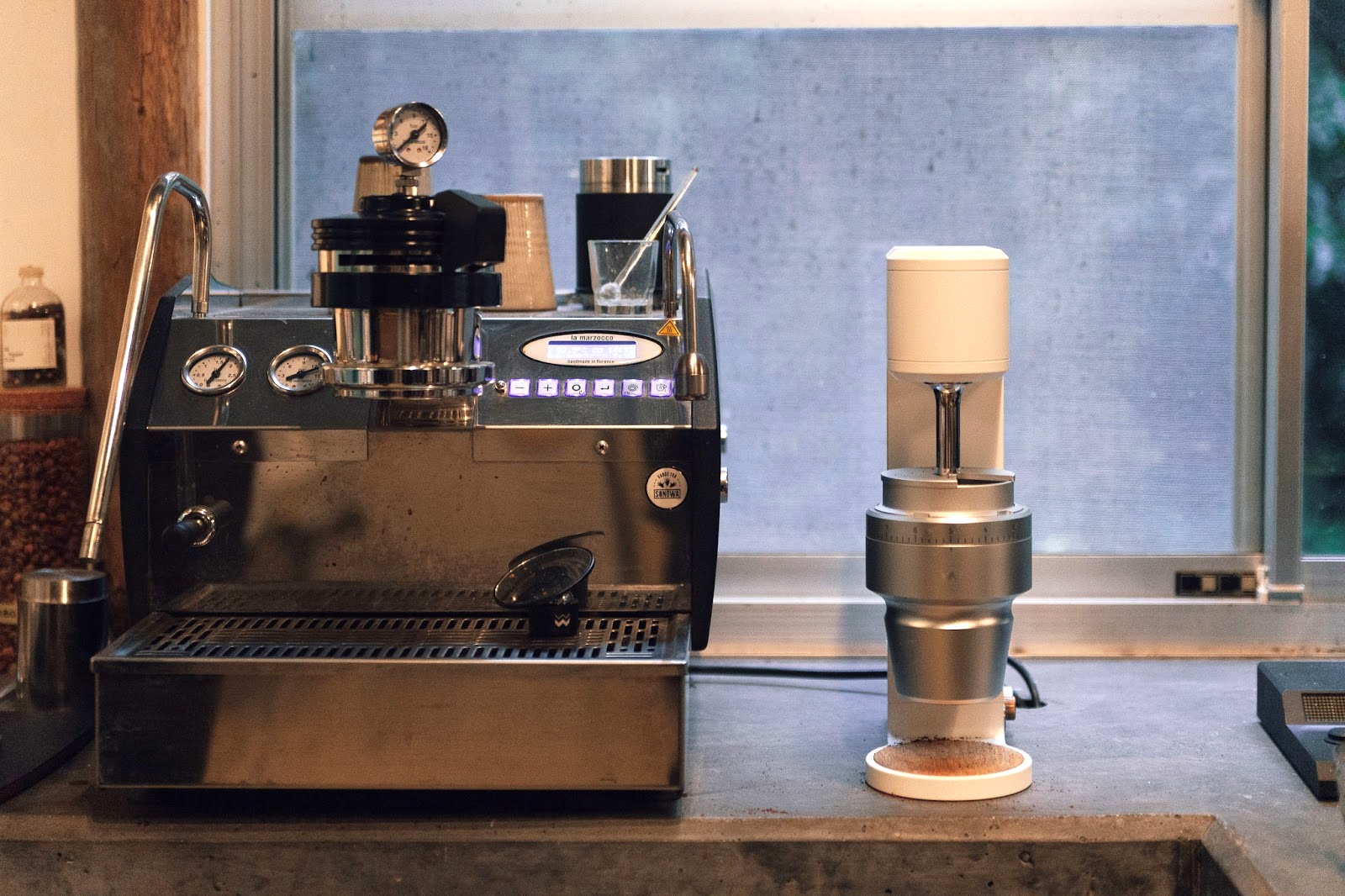
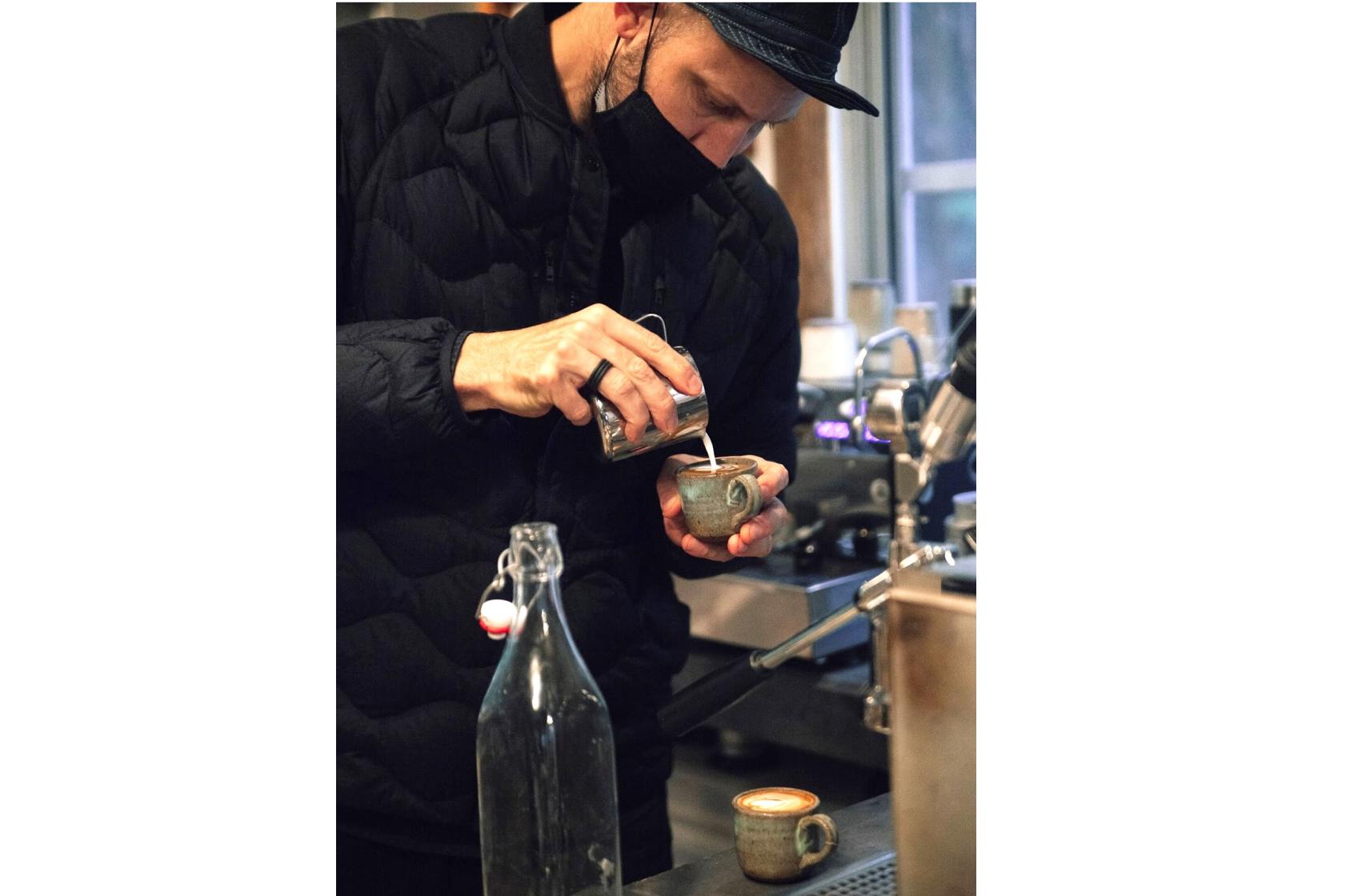
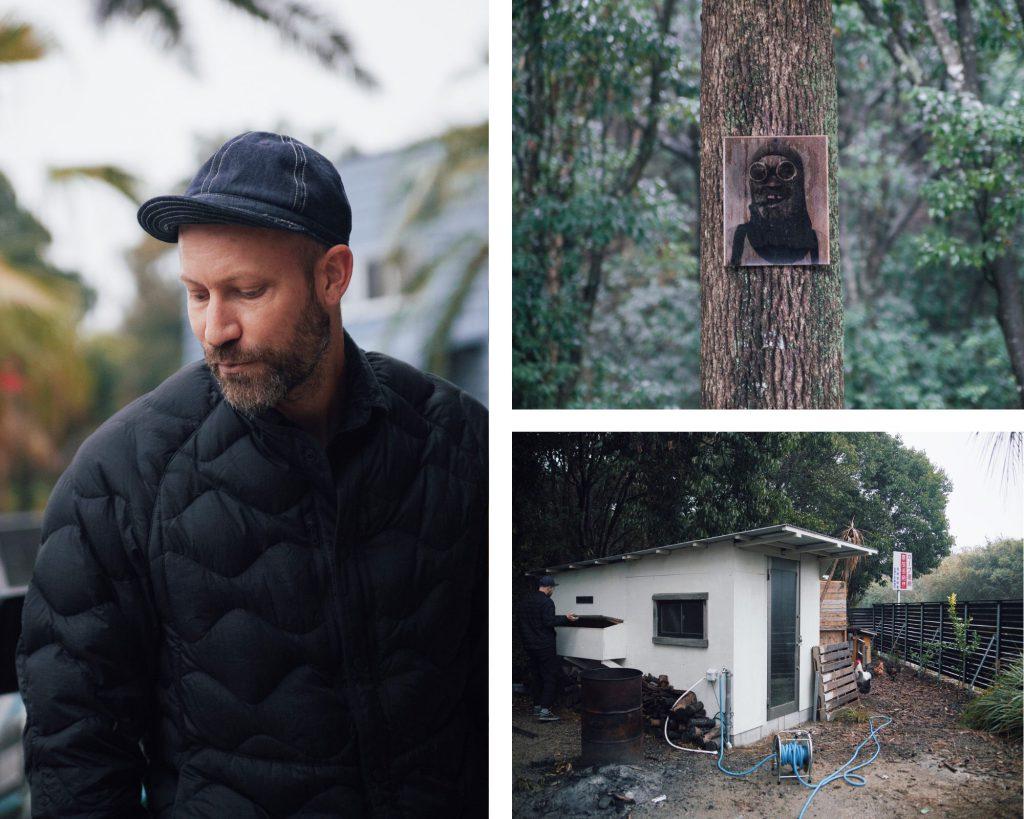
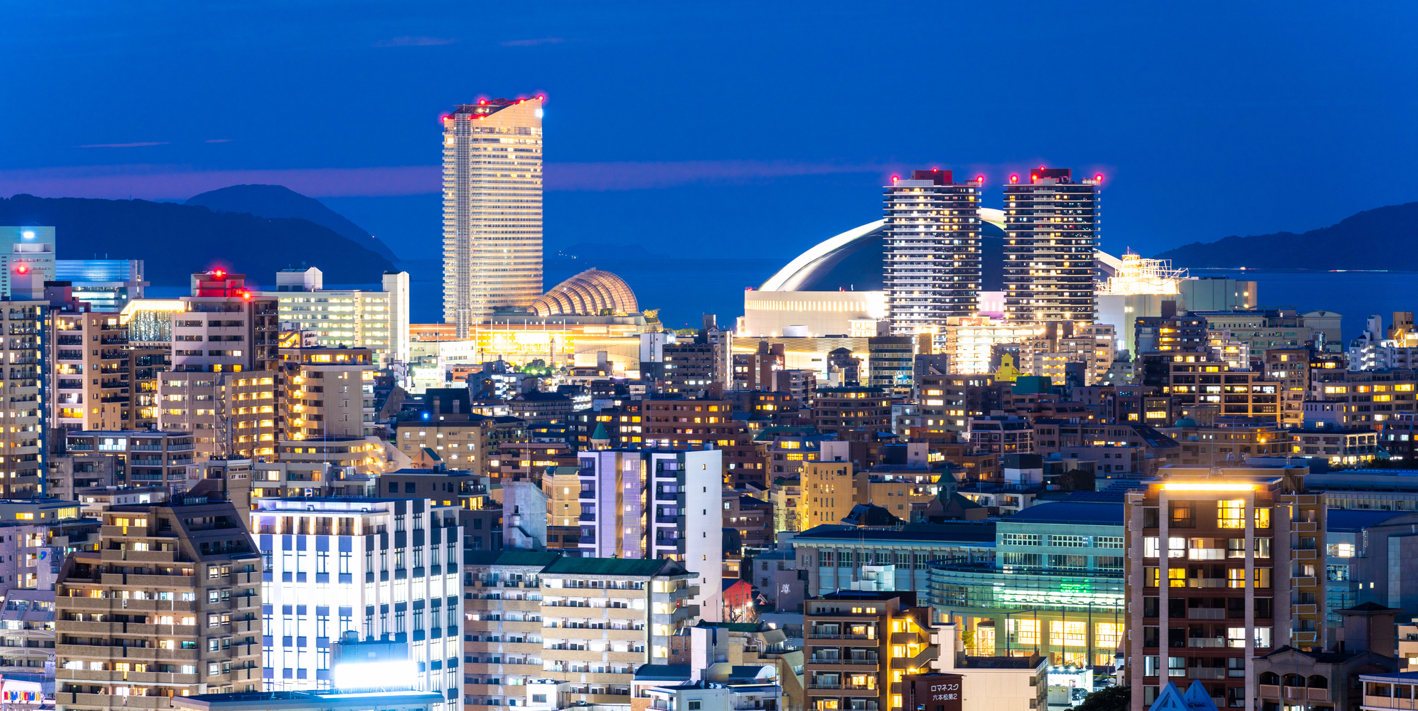

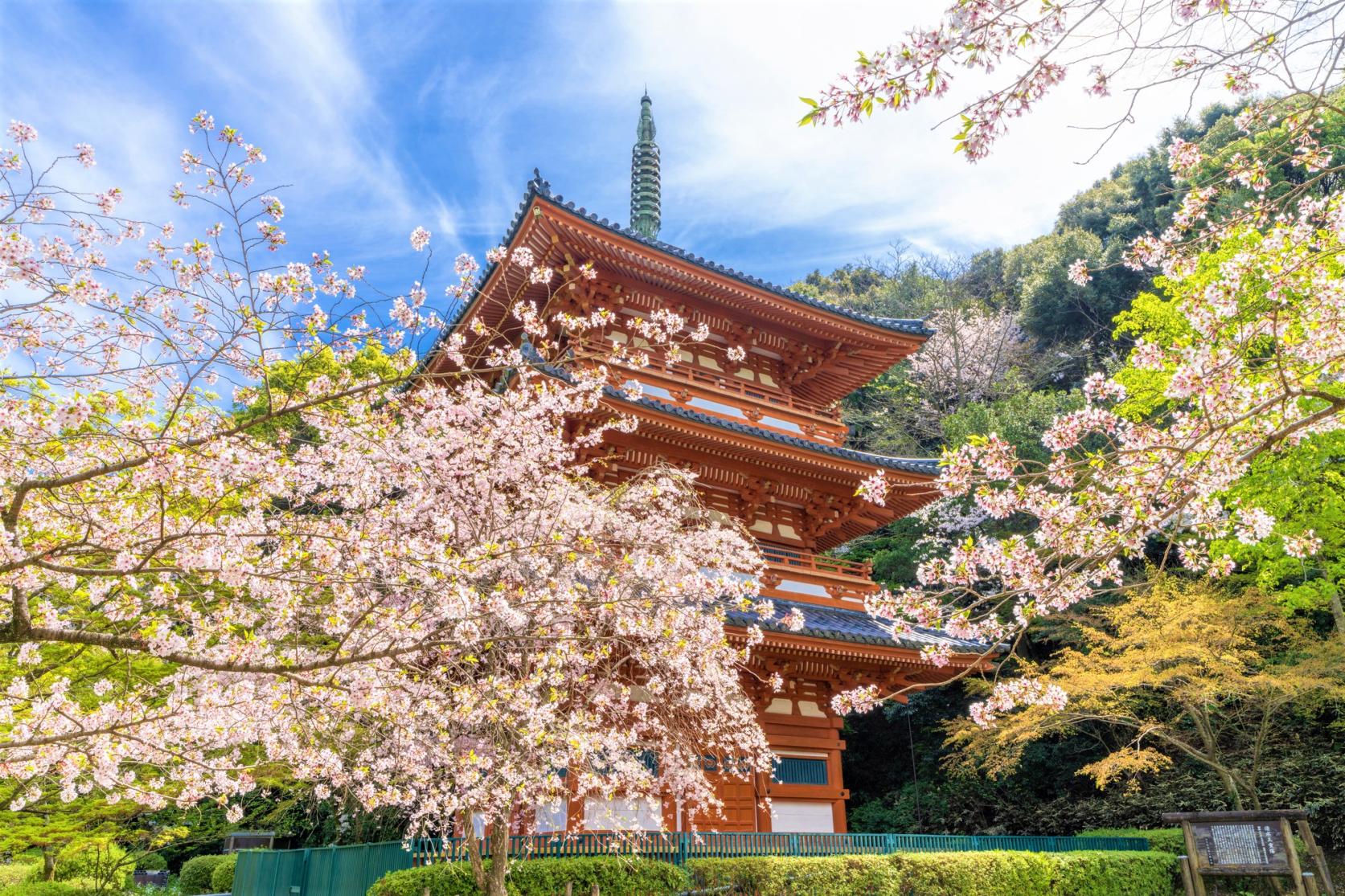
![[2026] Strawberry Picking Spots in Fukuoka-1](https://www.crossroadfukuoka.jp/storage/special_features/49/responsive_images/9ZHgrqvQdpH8tM4IRF54DXu0aPBF3YGGkj5WOTGc__1673_1115.jpg)

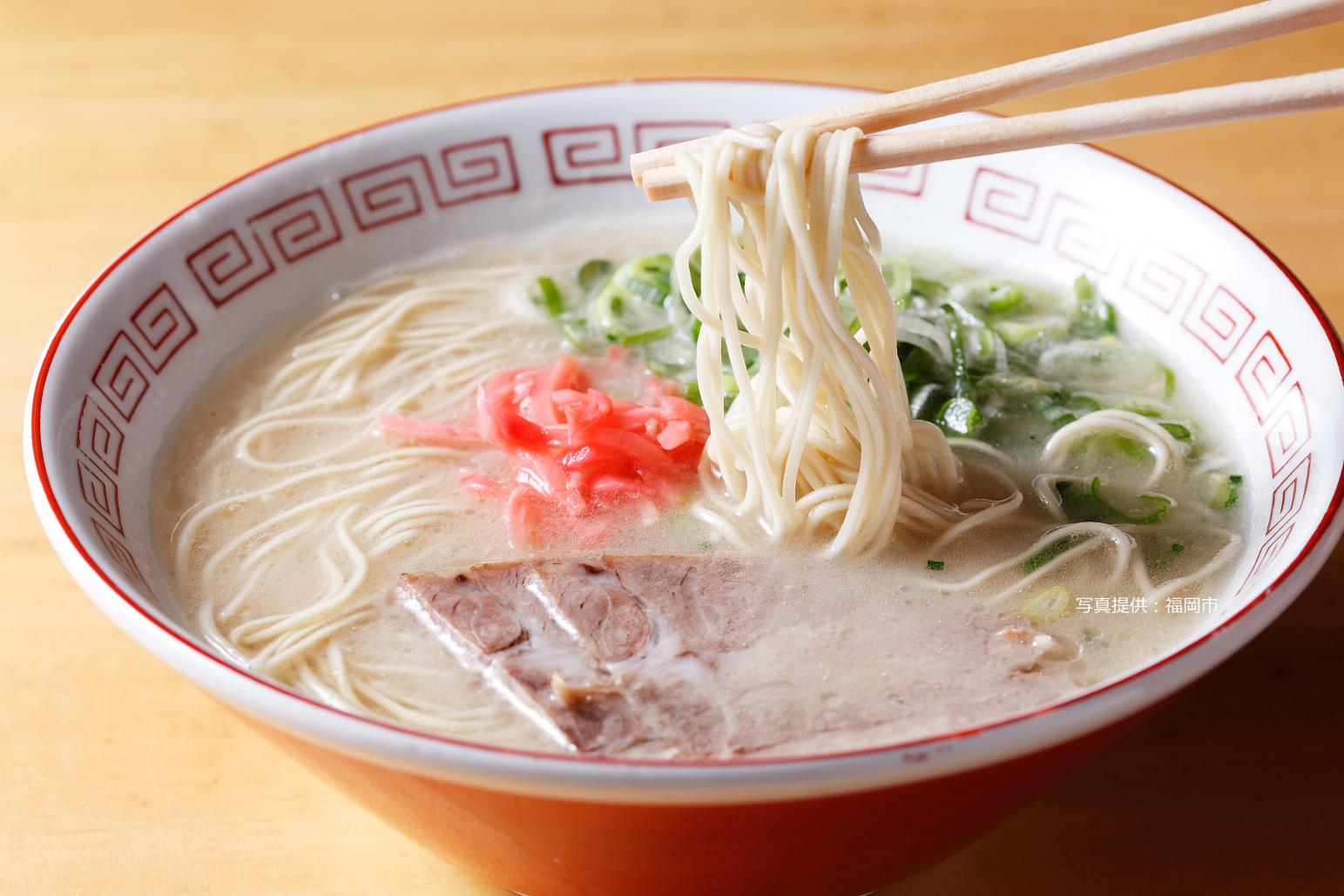
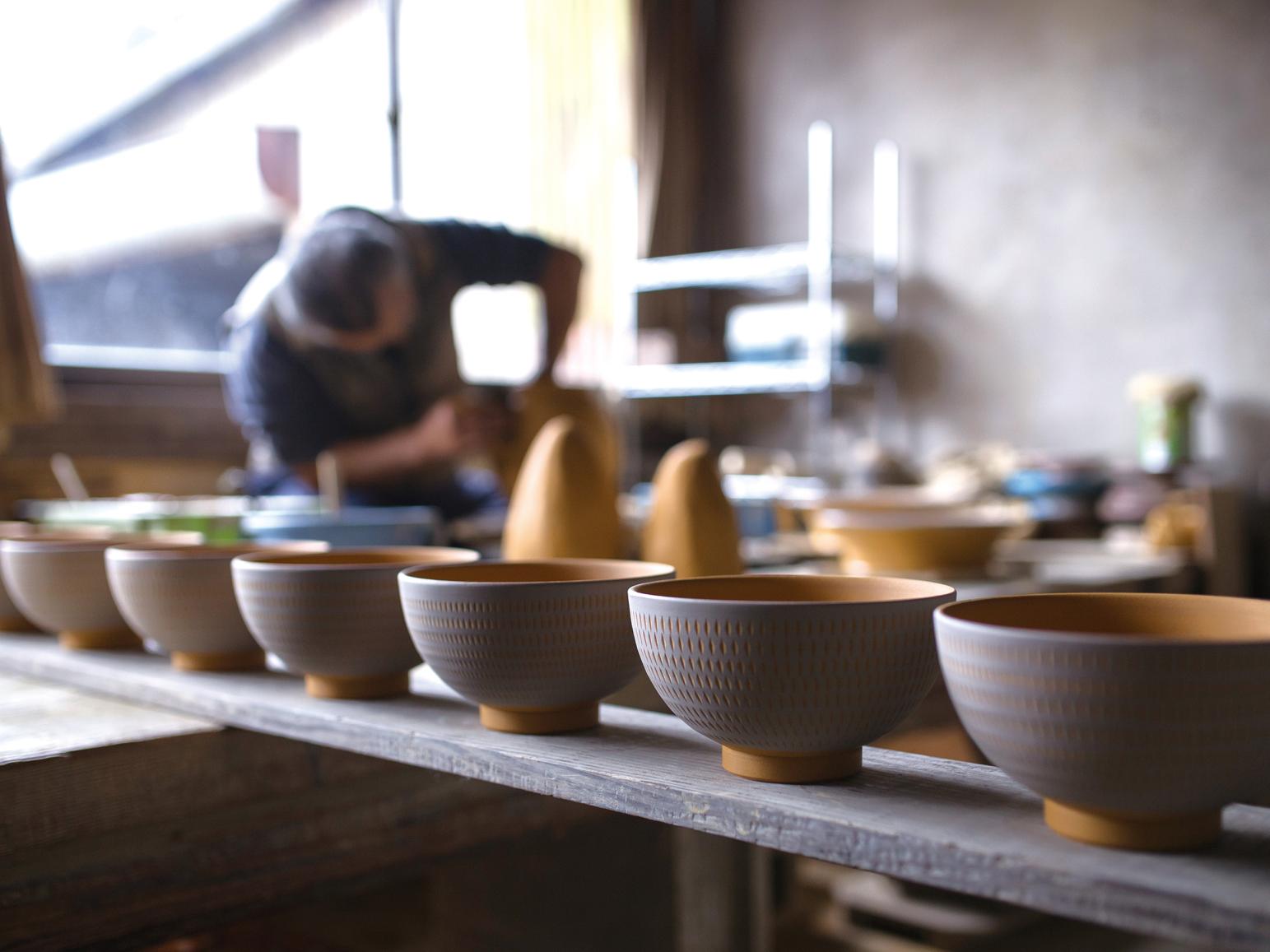

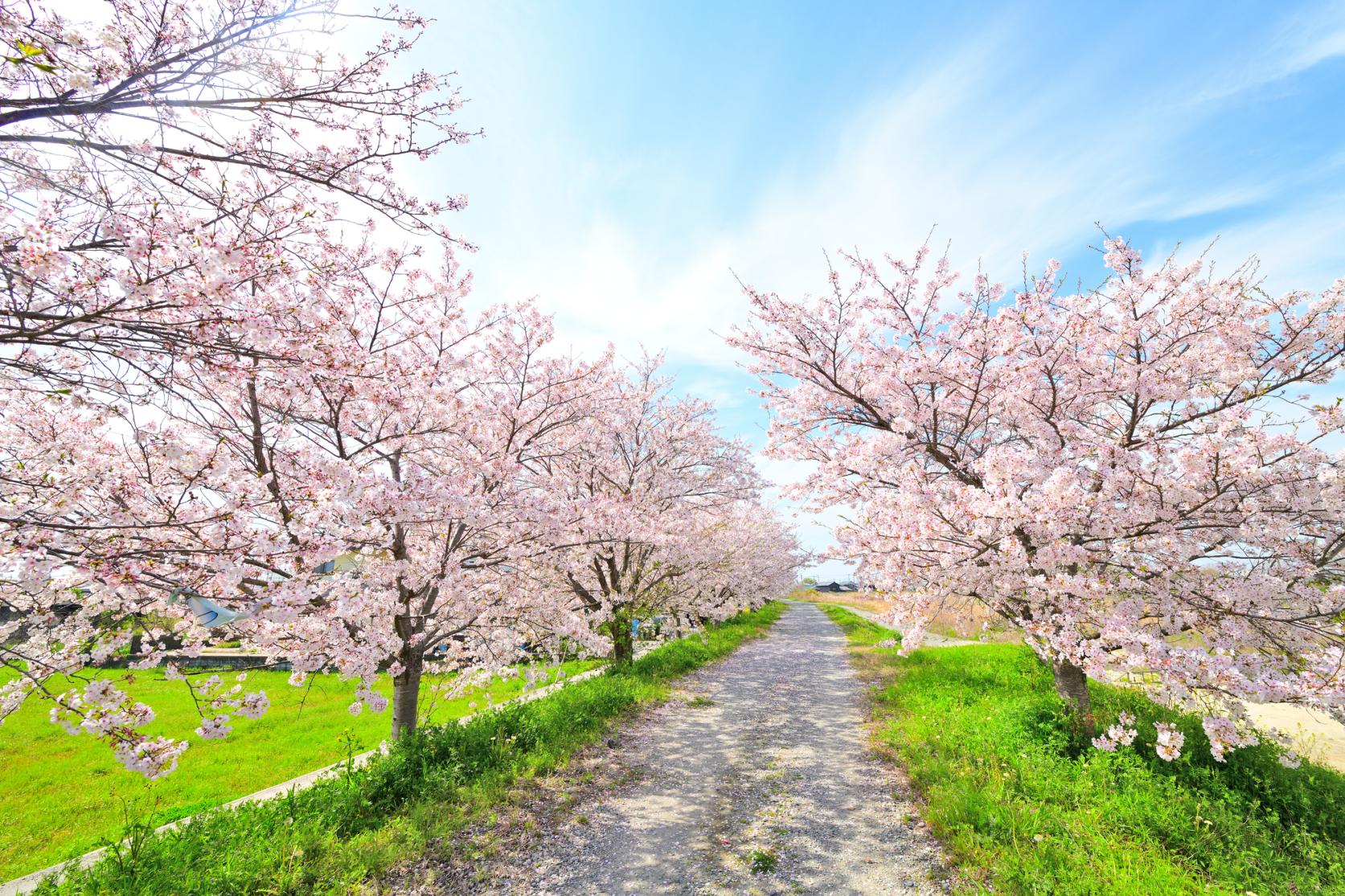
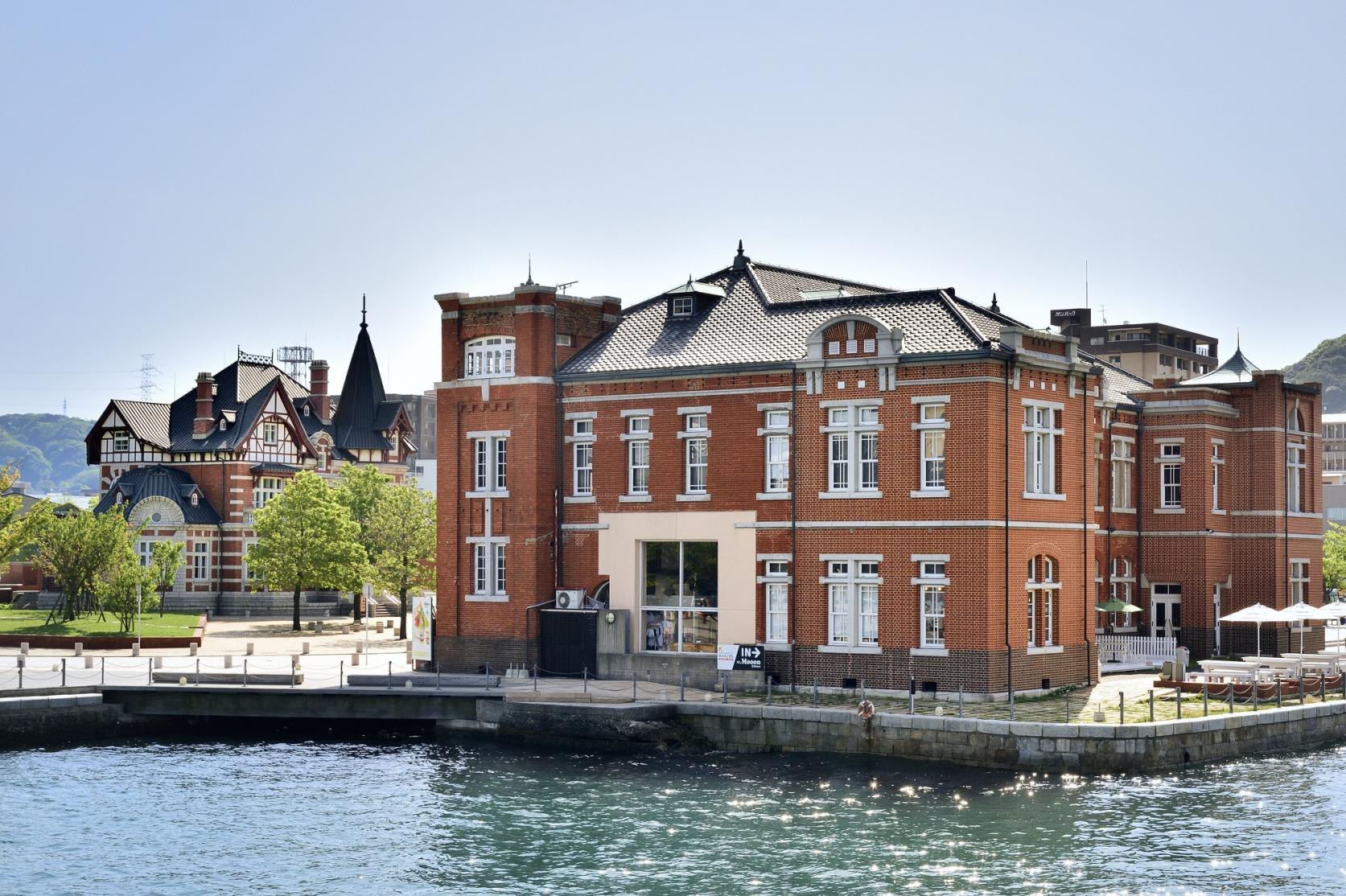
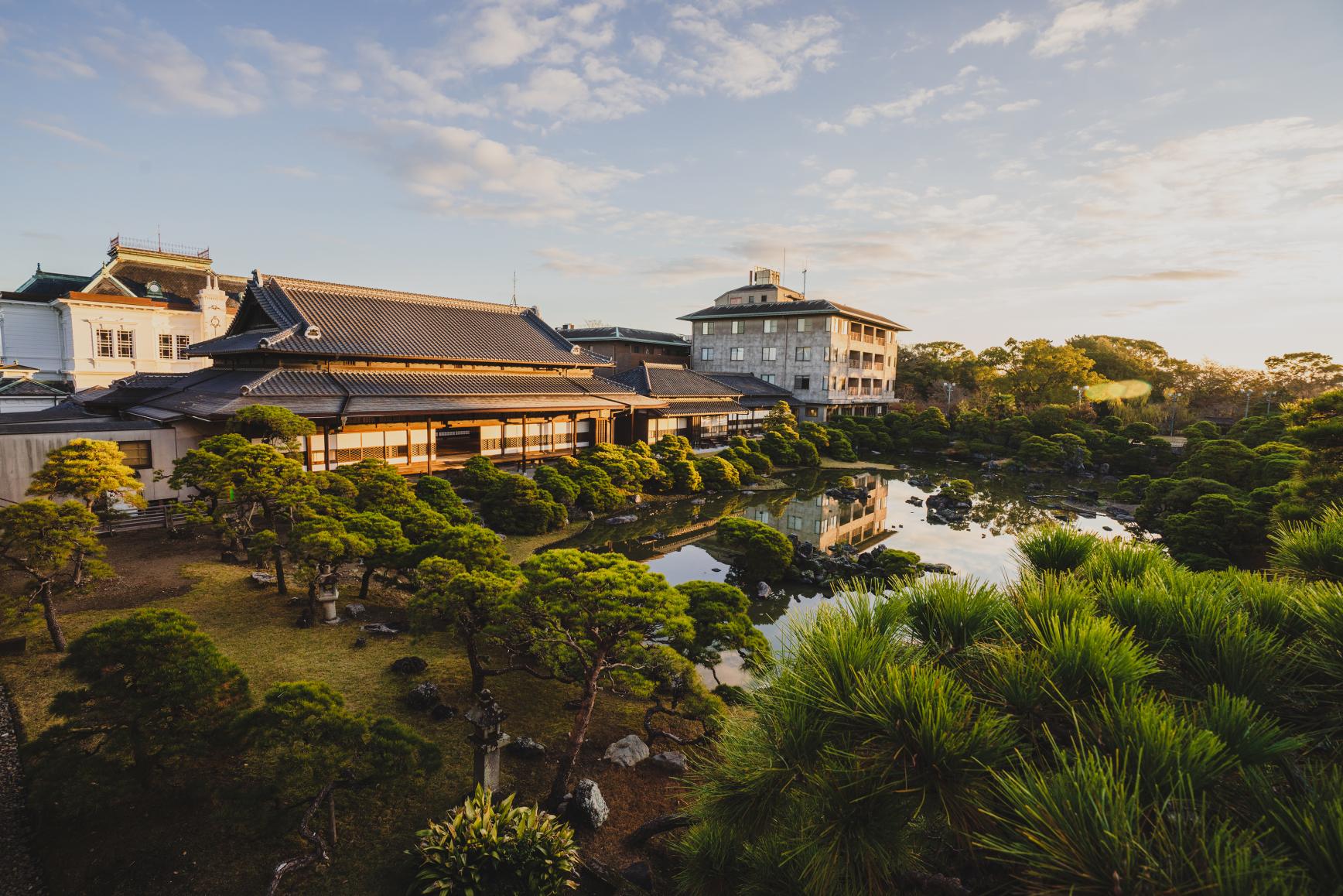
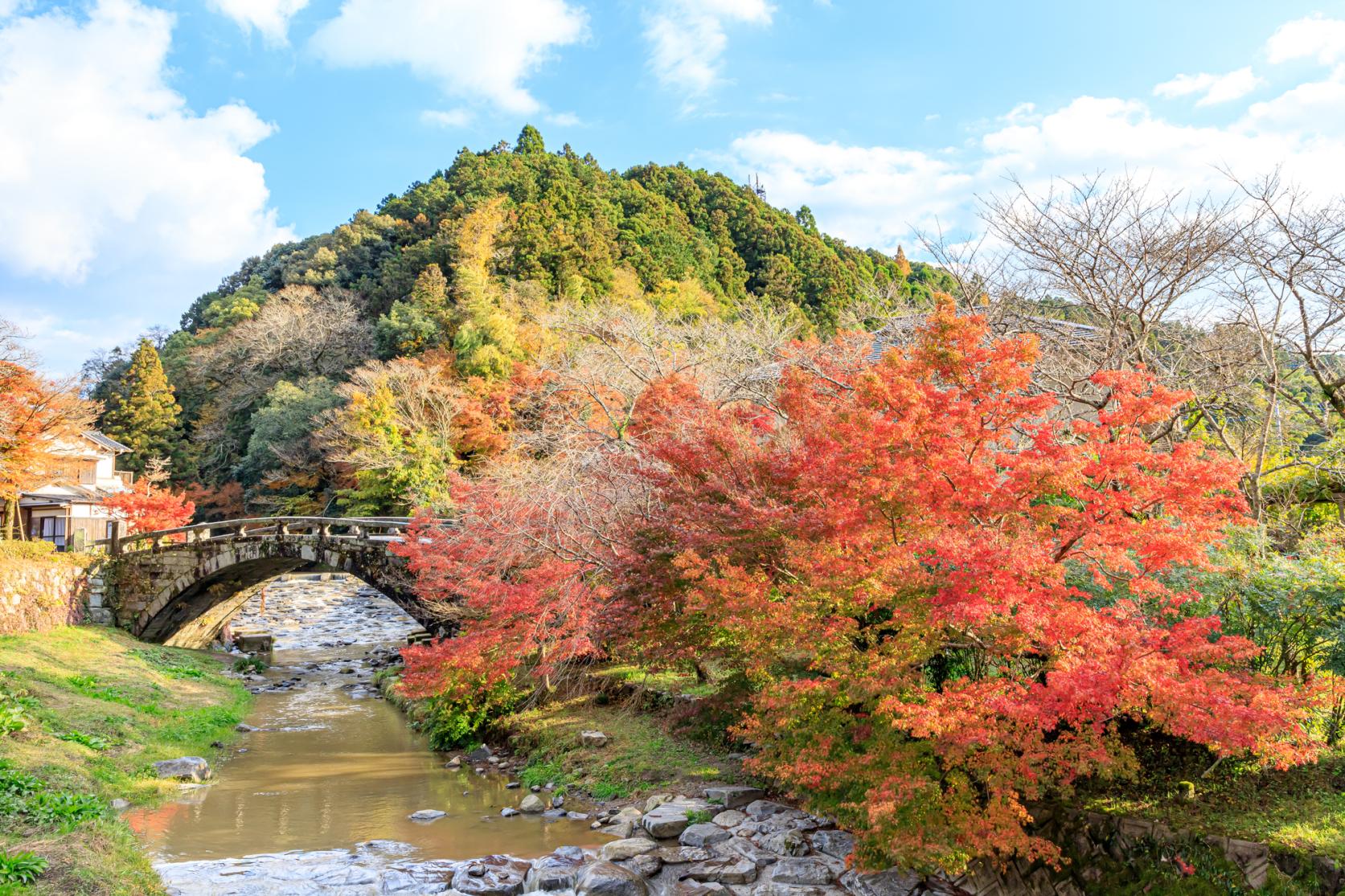
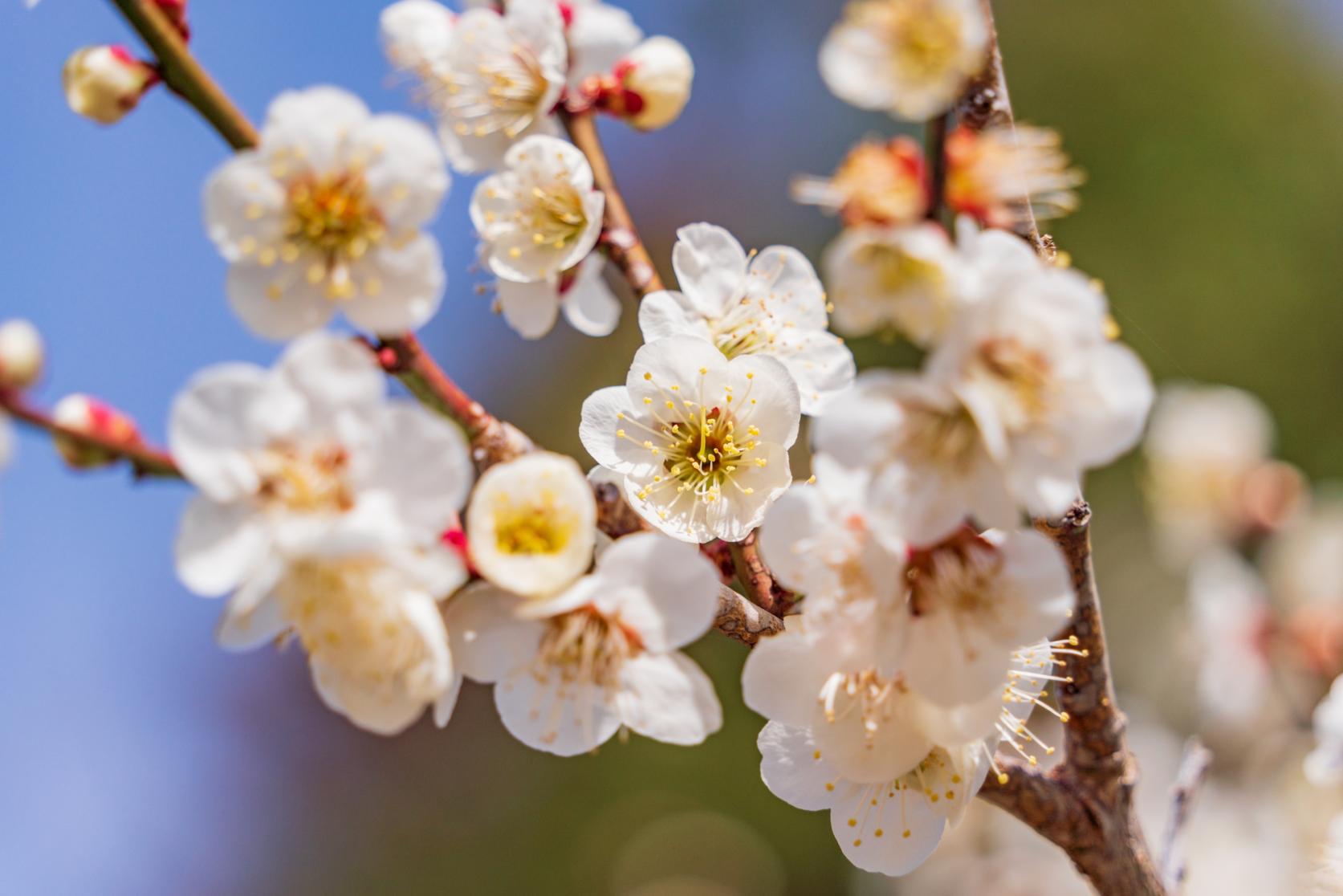
![[2026 Edition] Filled with blessings! The ultimate Fukuoka power spots to bring you happiness.-1](https://www.crossroadfukuoka.jp/storage/special_features/320/responsive_images/6SsCvBDXBhlZoAGUgarTOpZpEaEwsIqsWzSxW8cw__1289_856.png)
